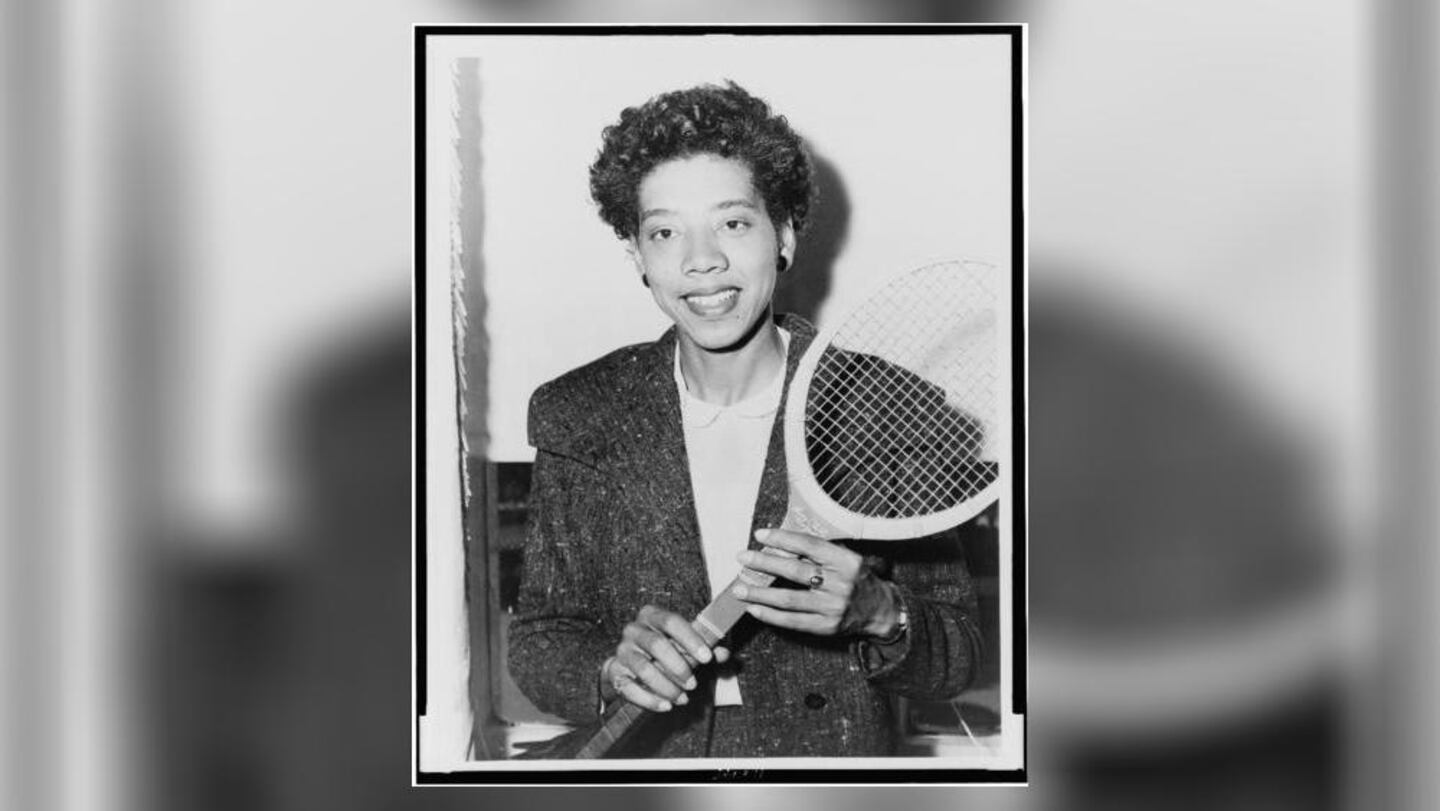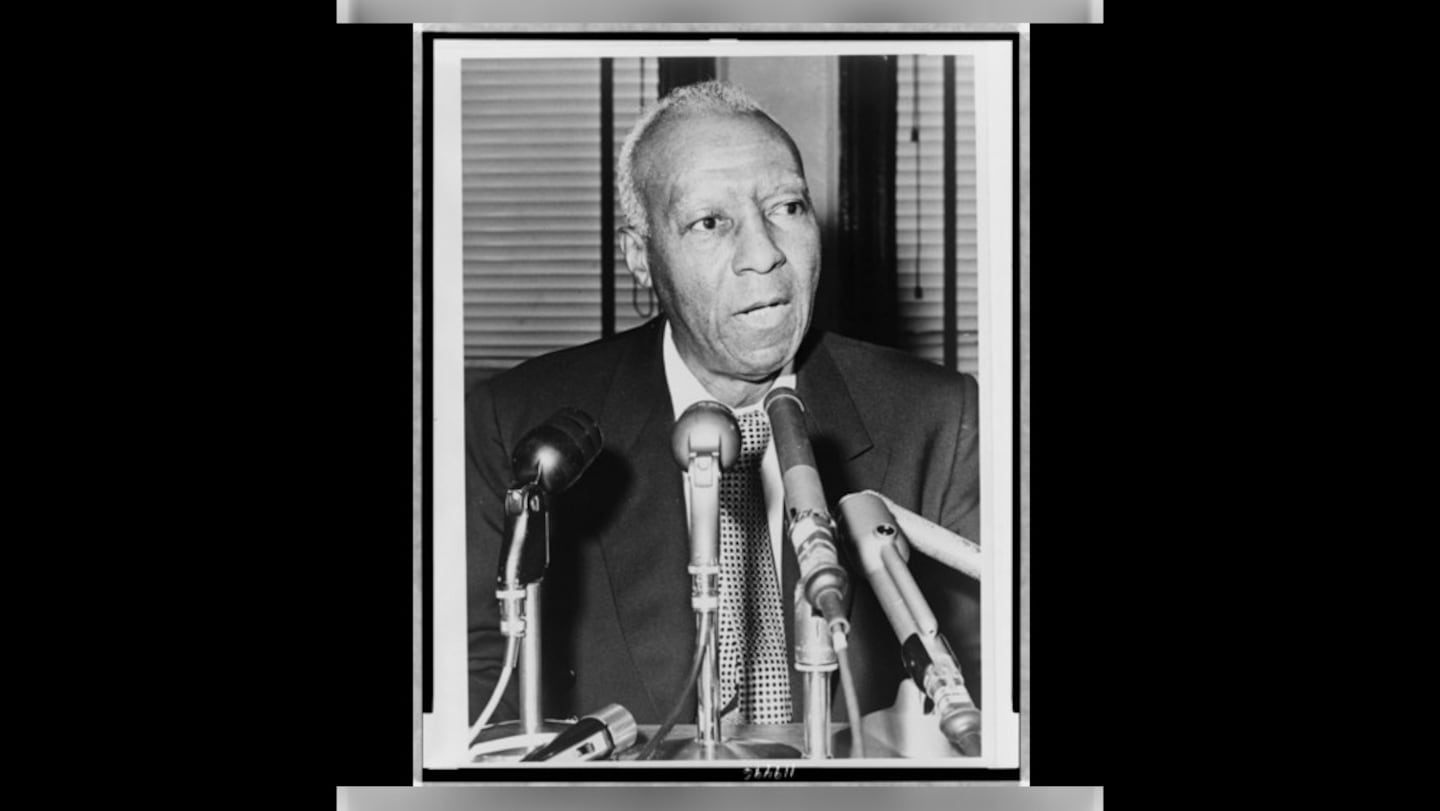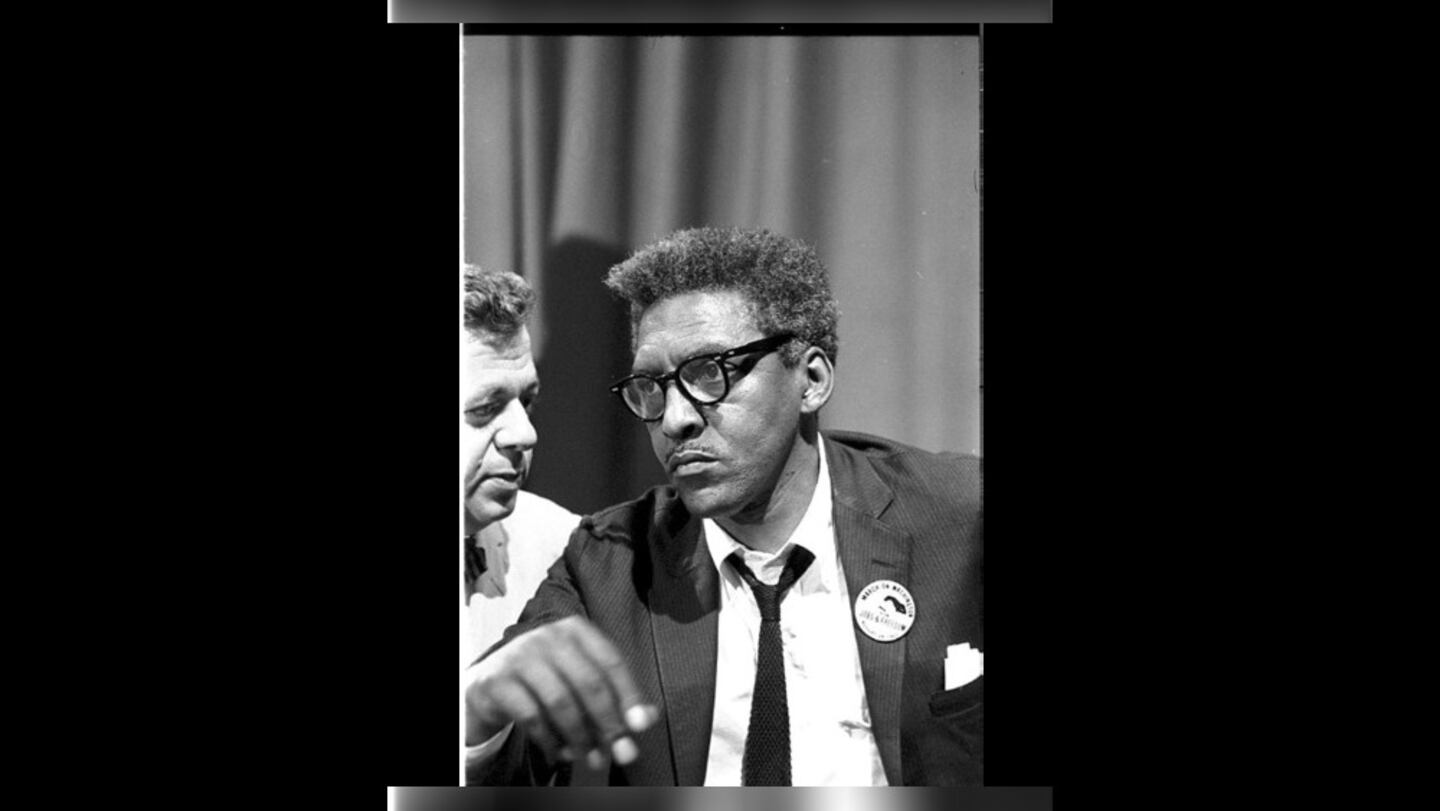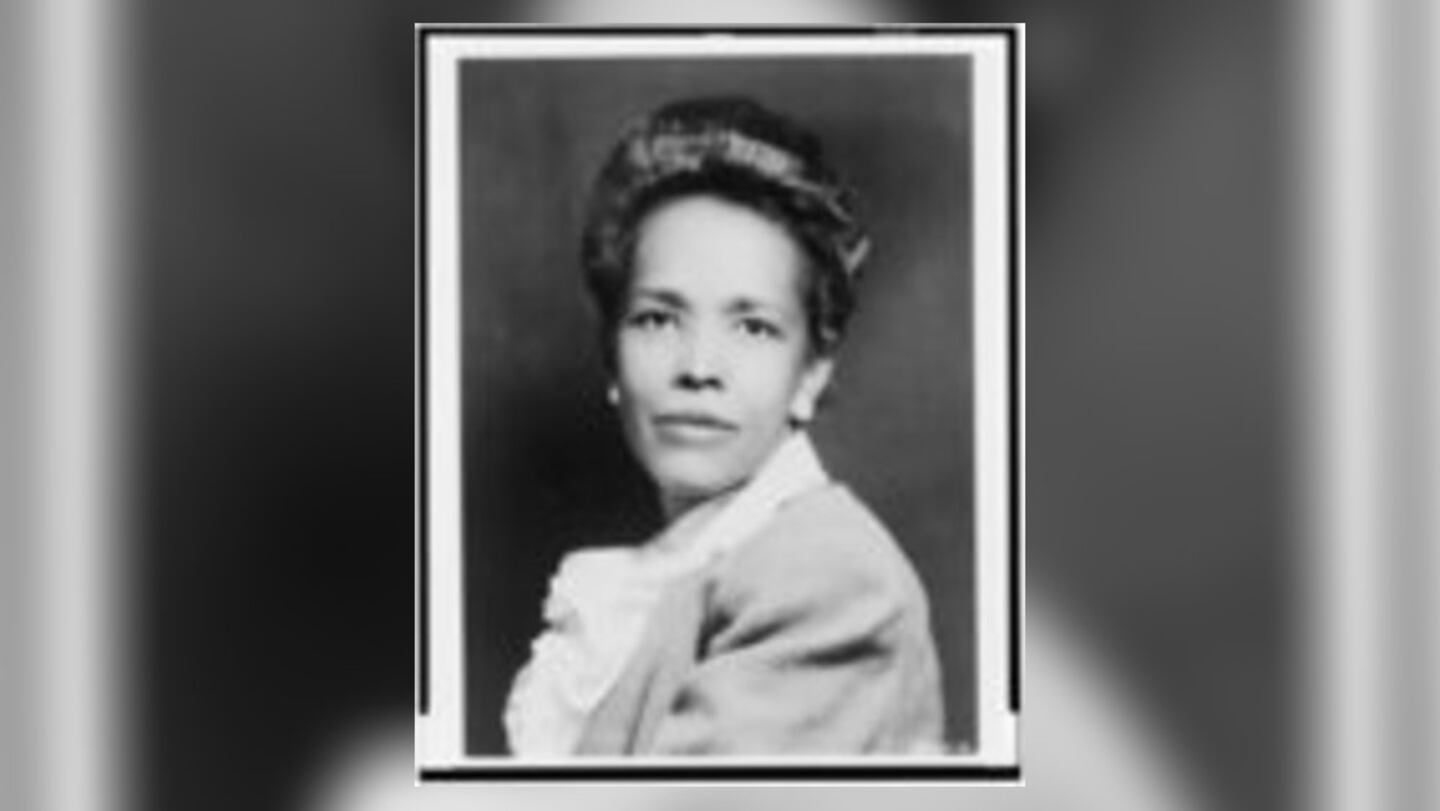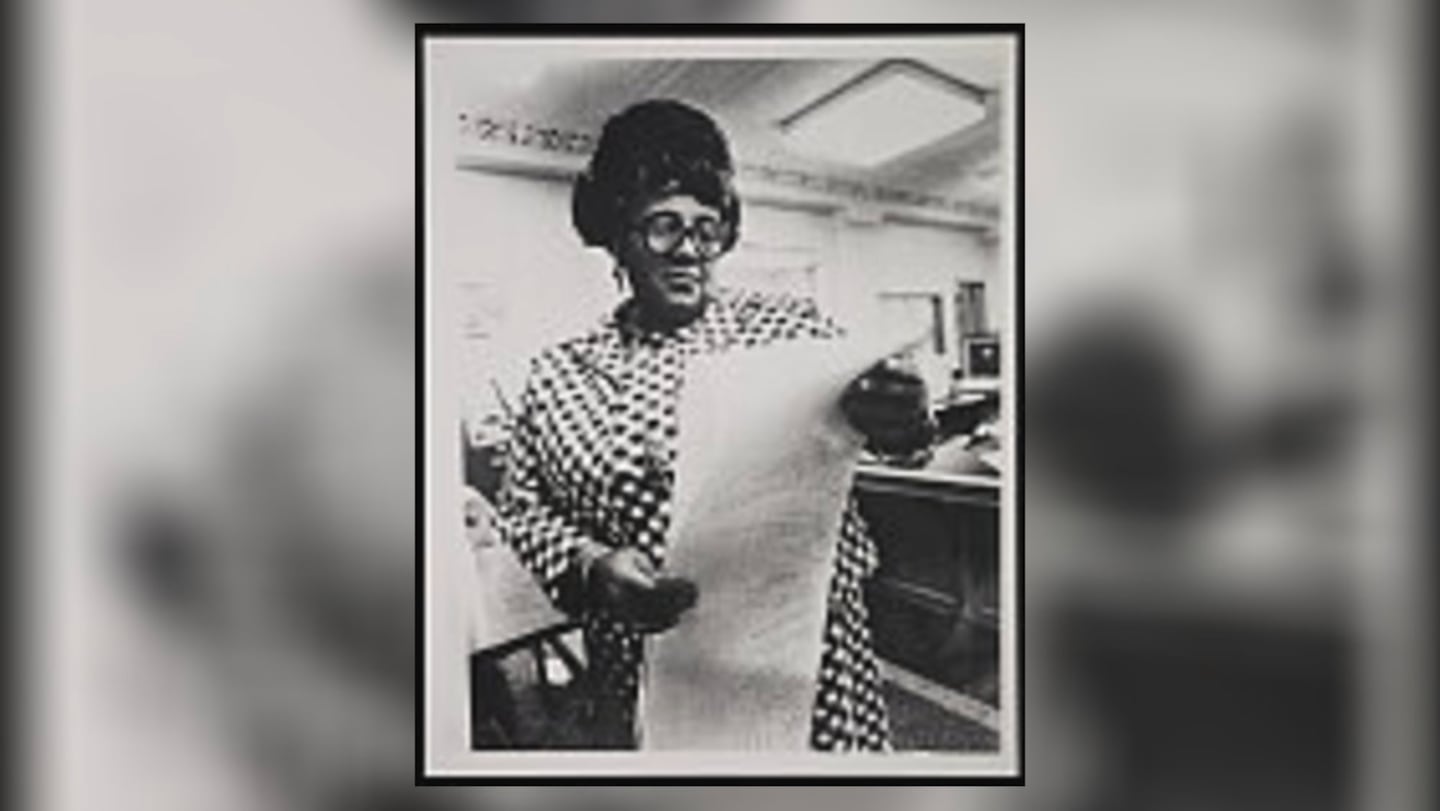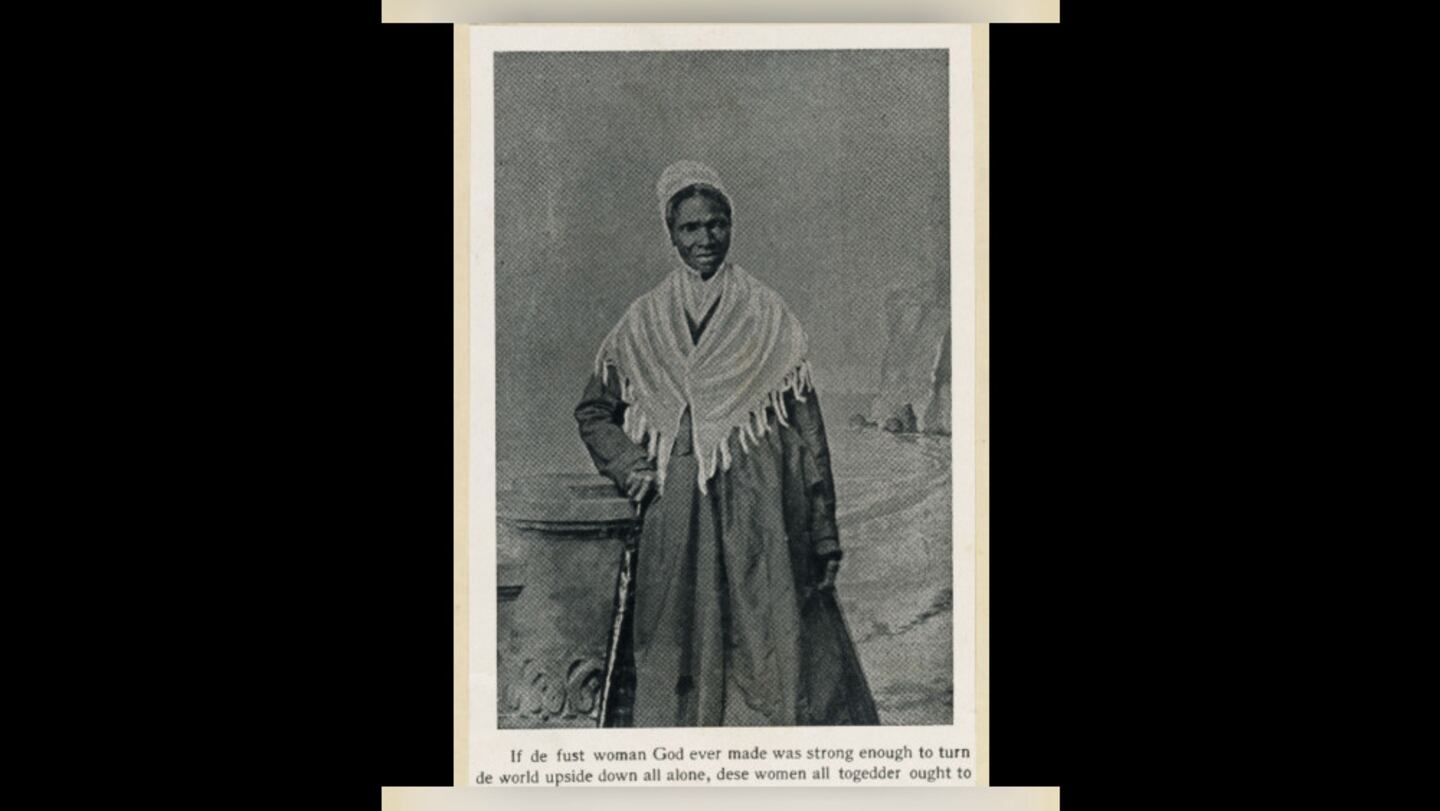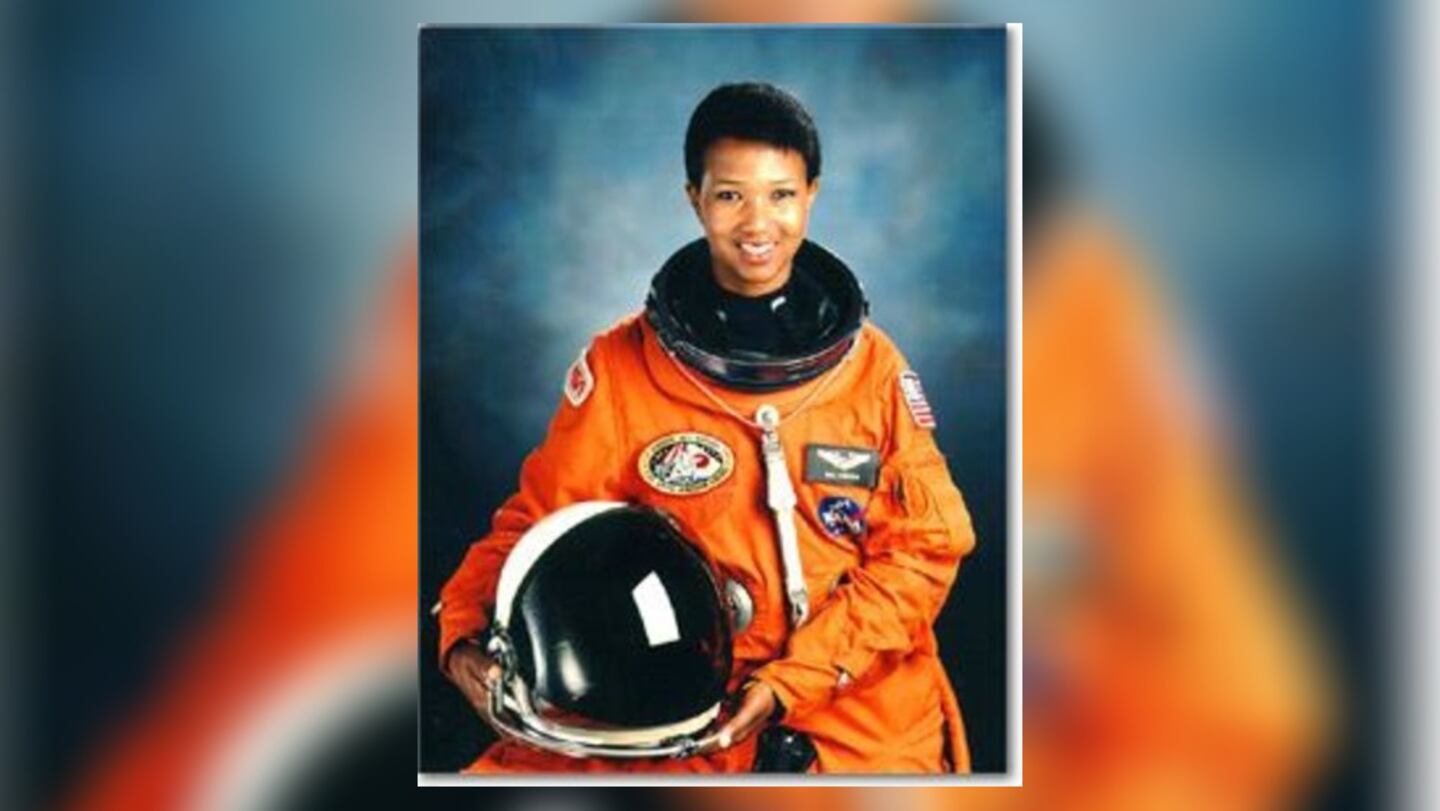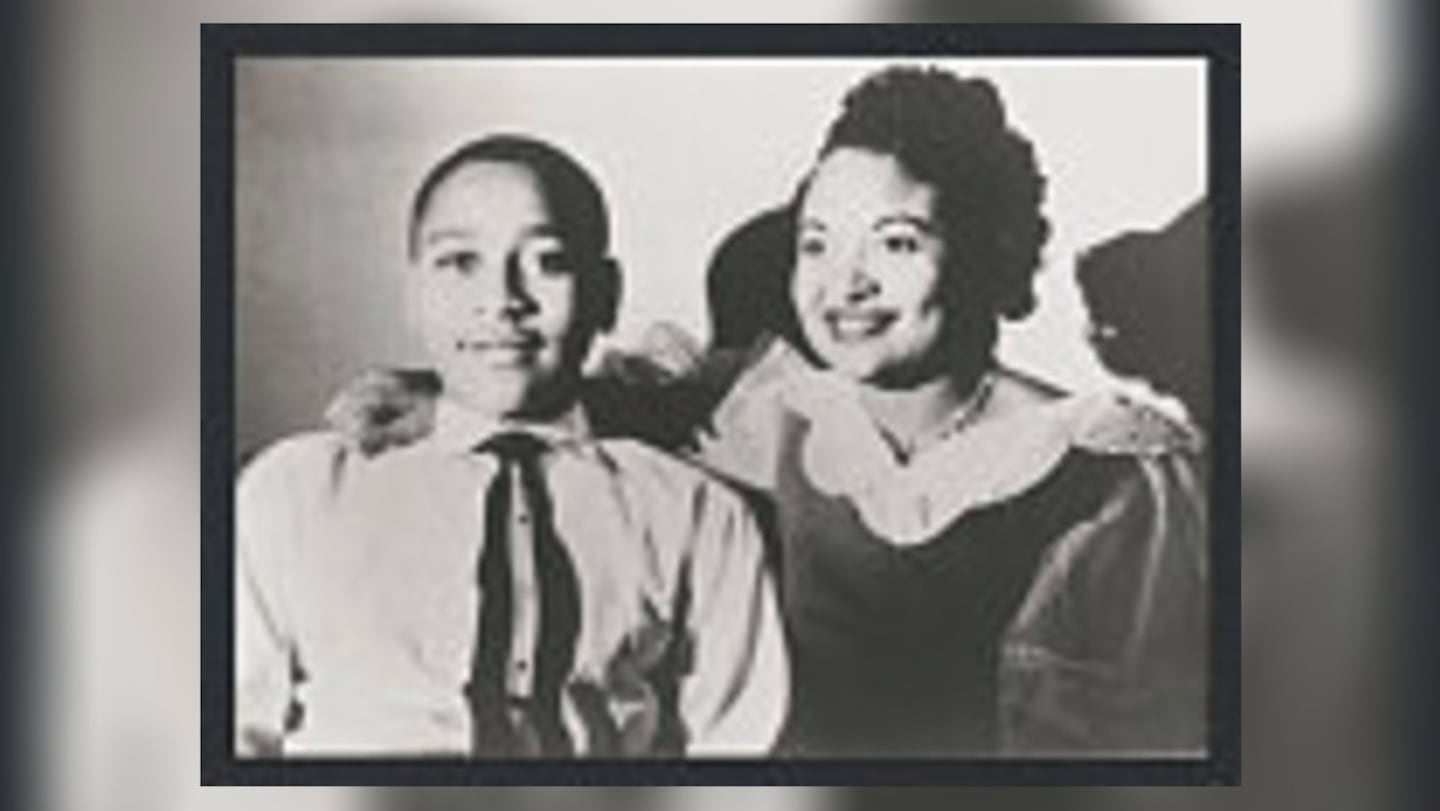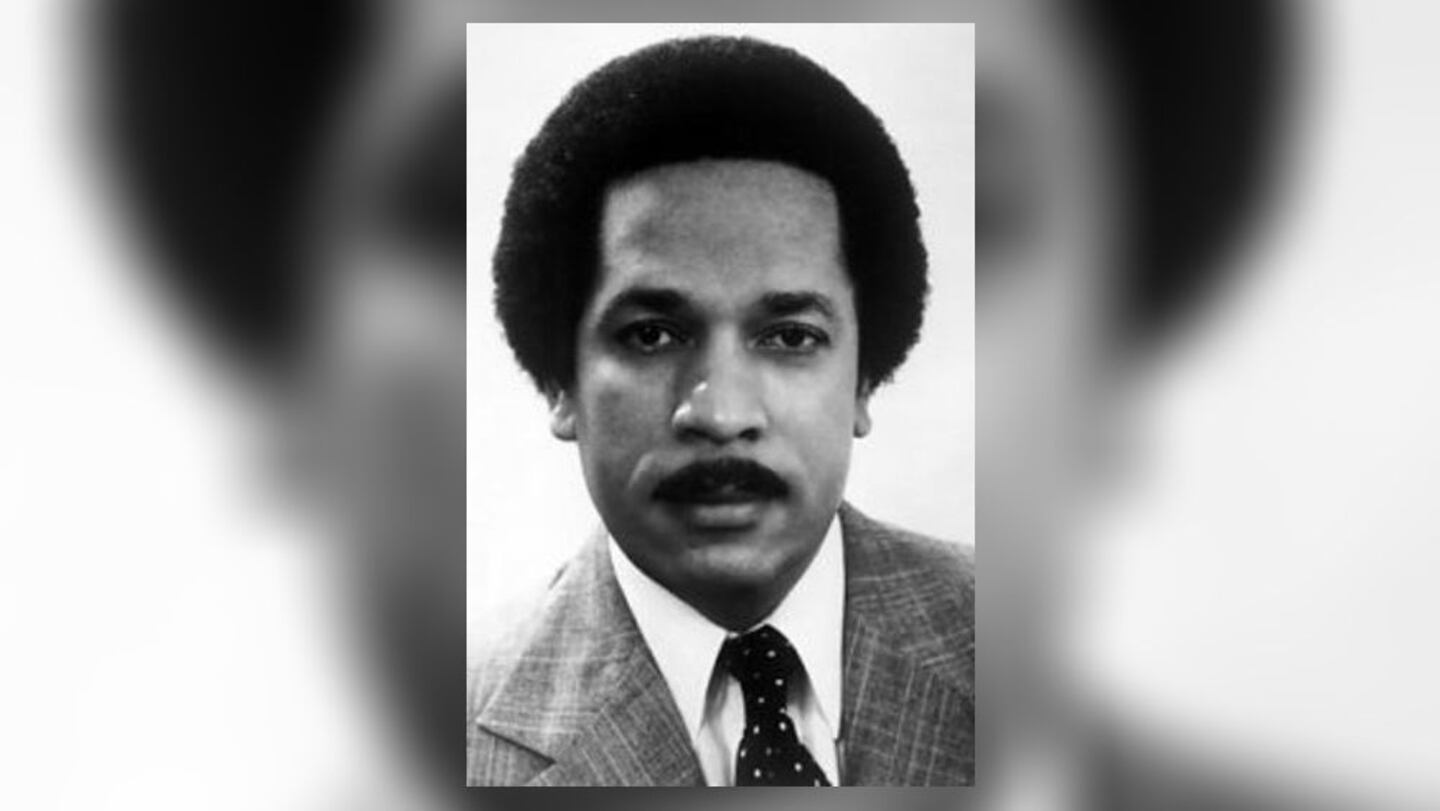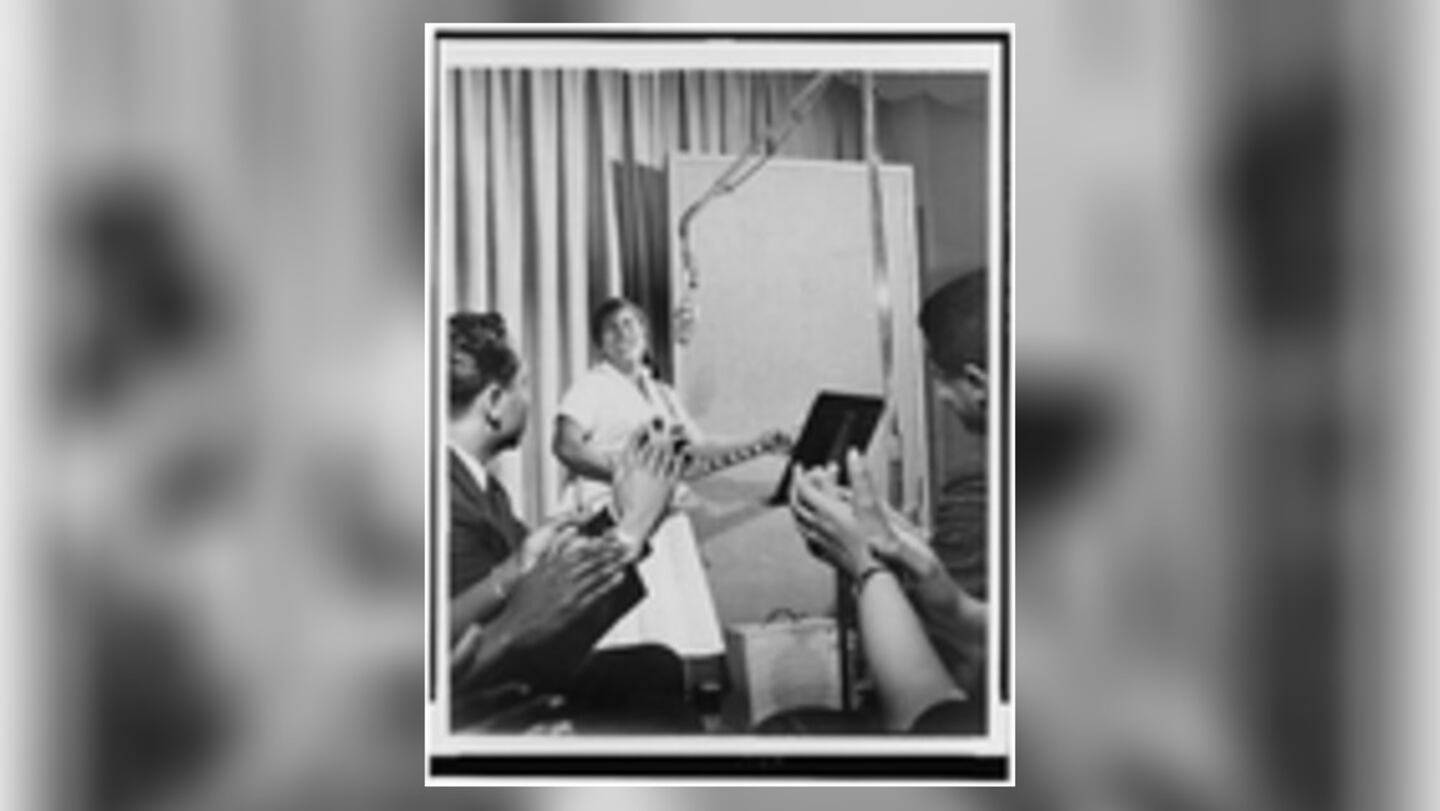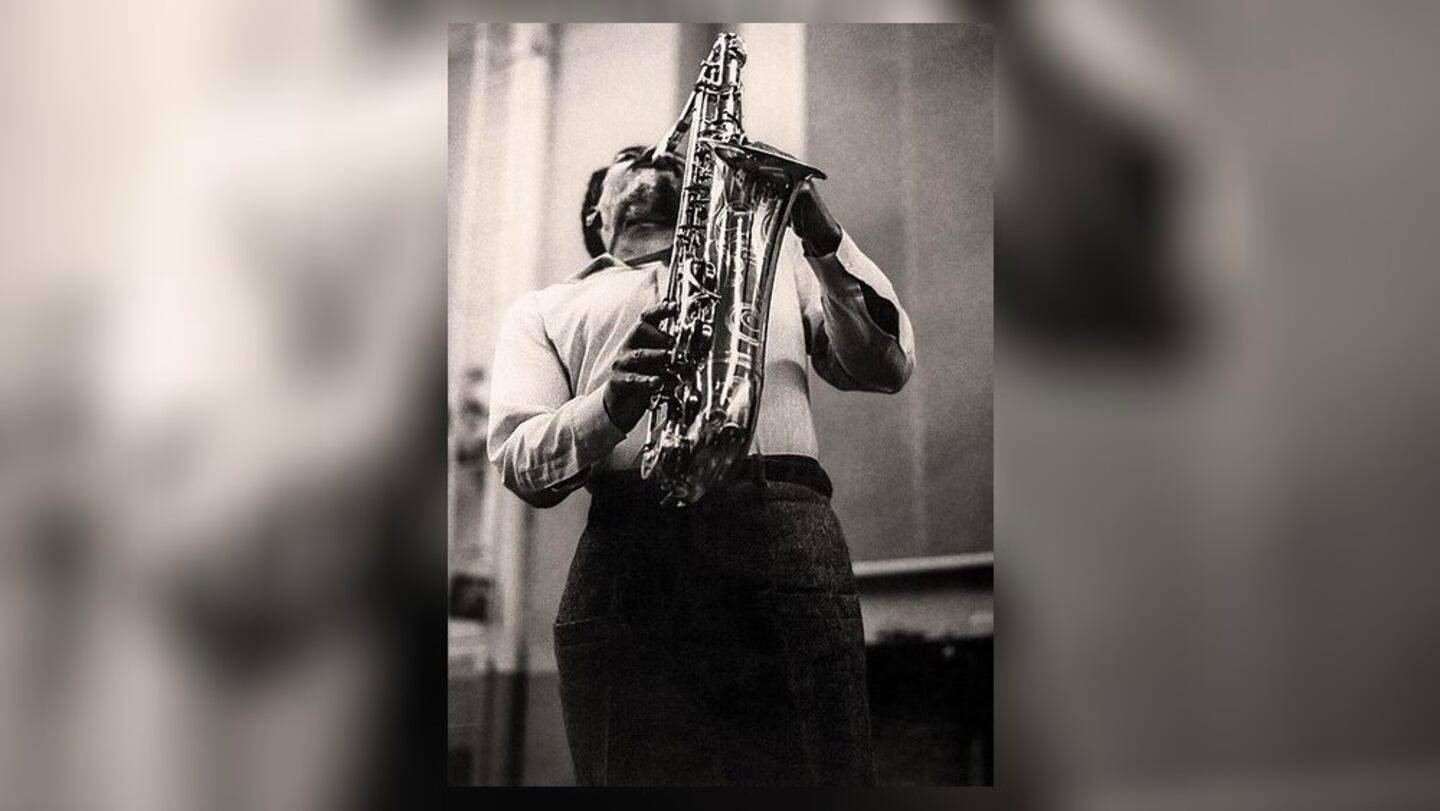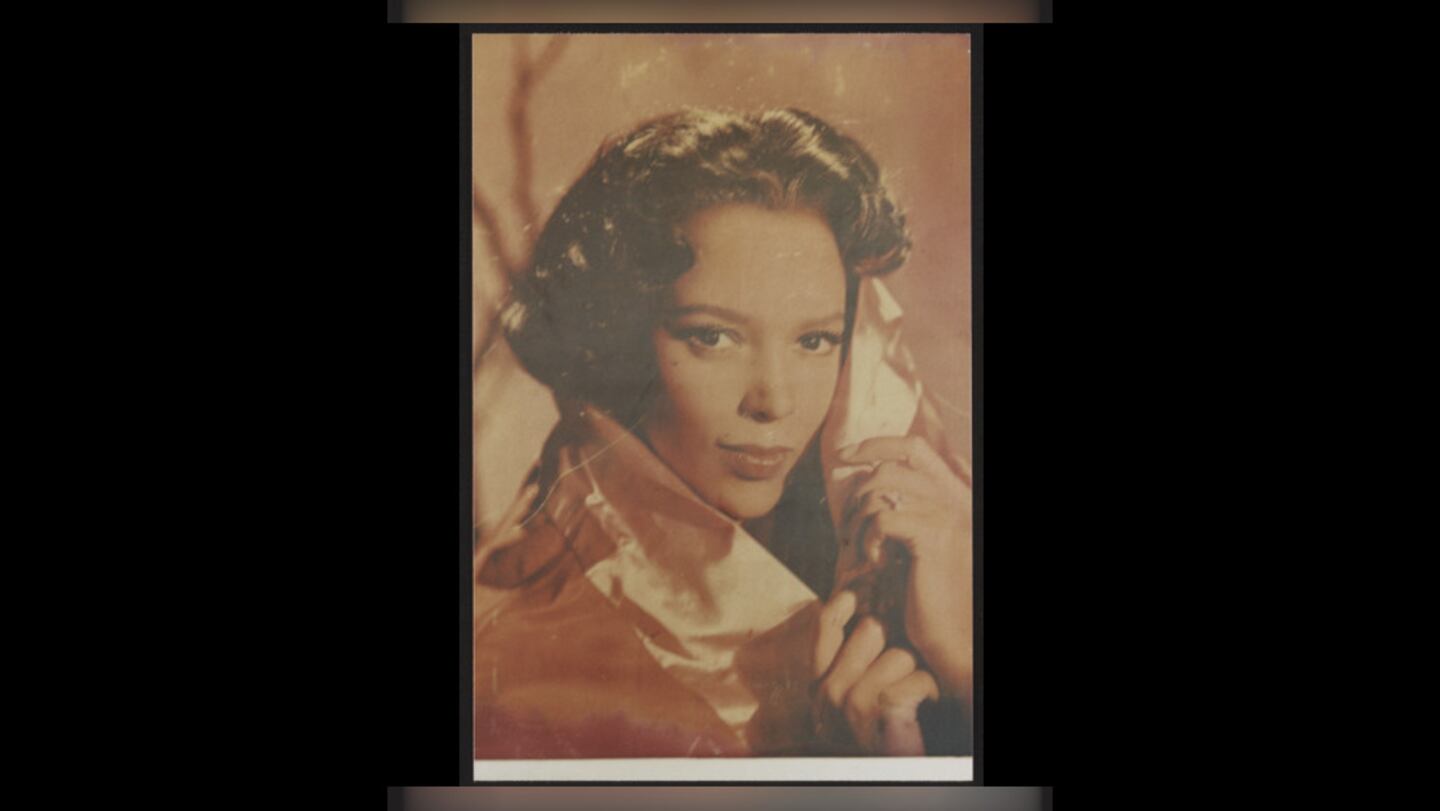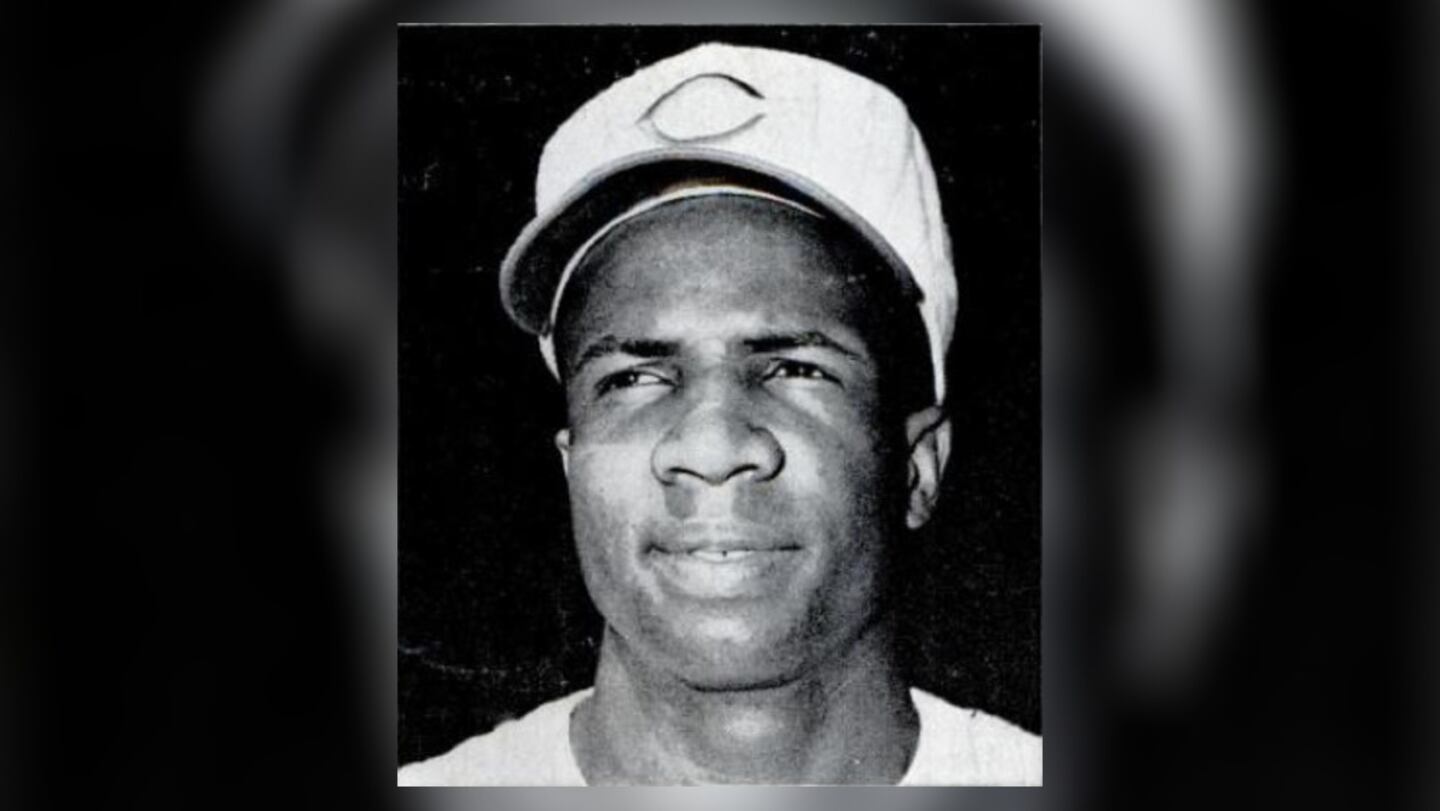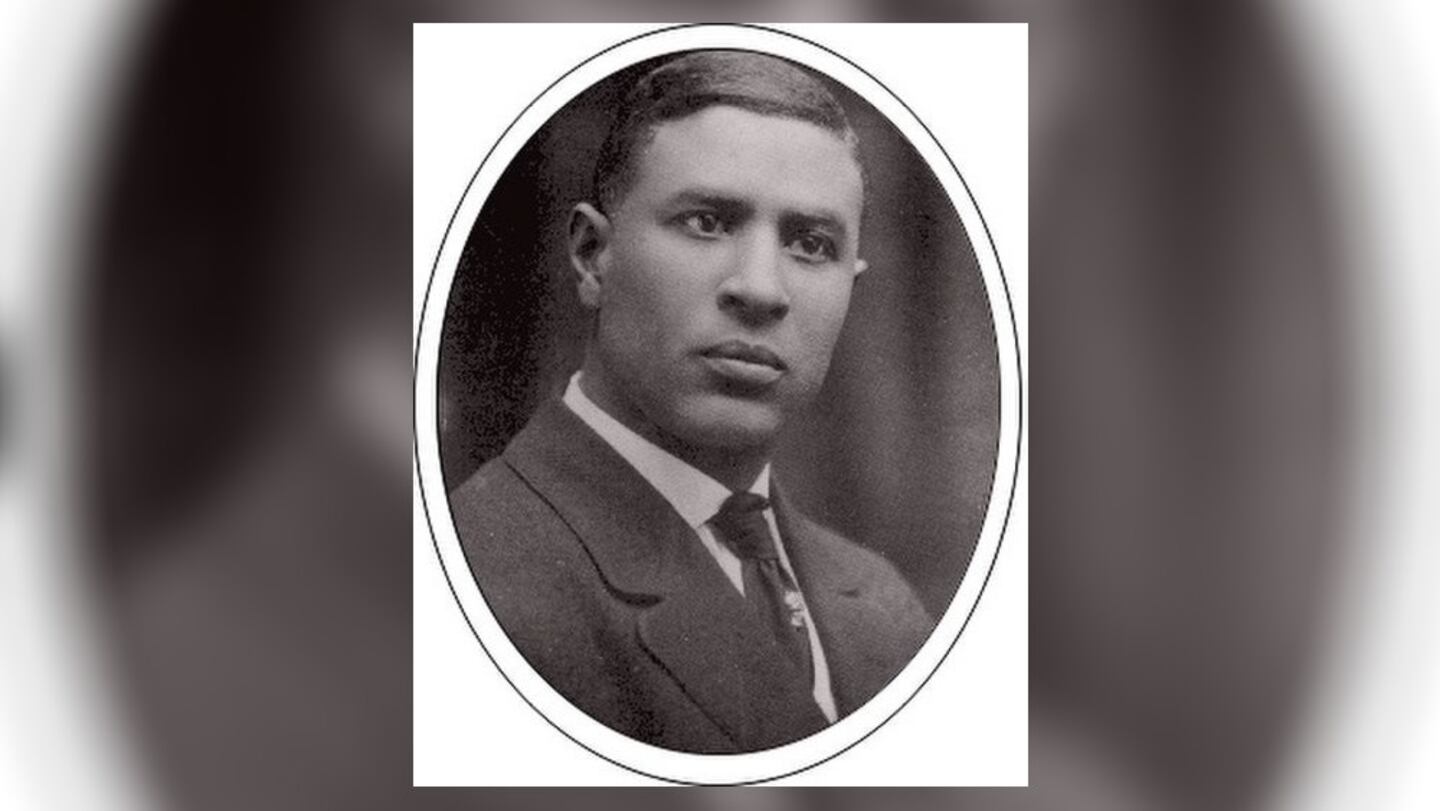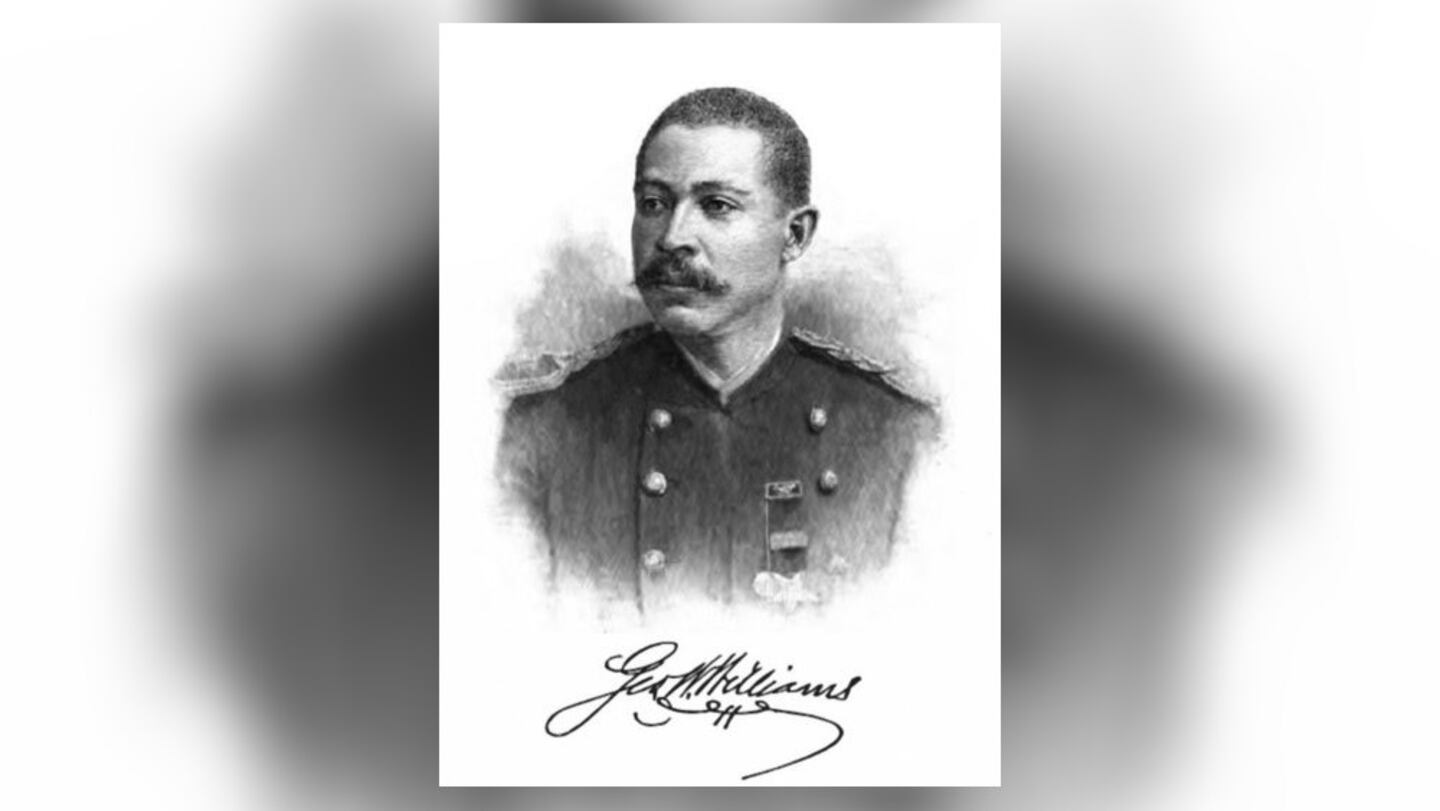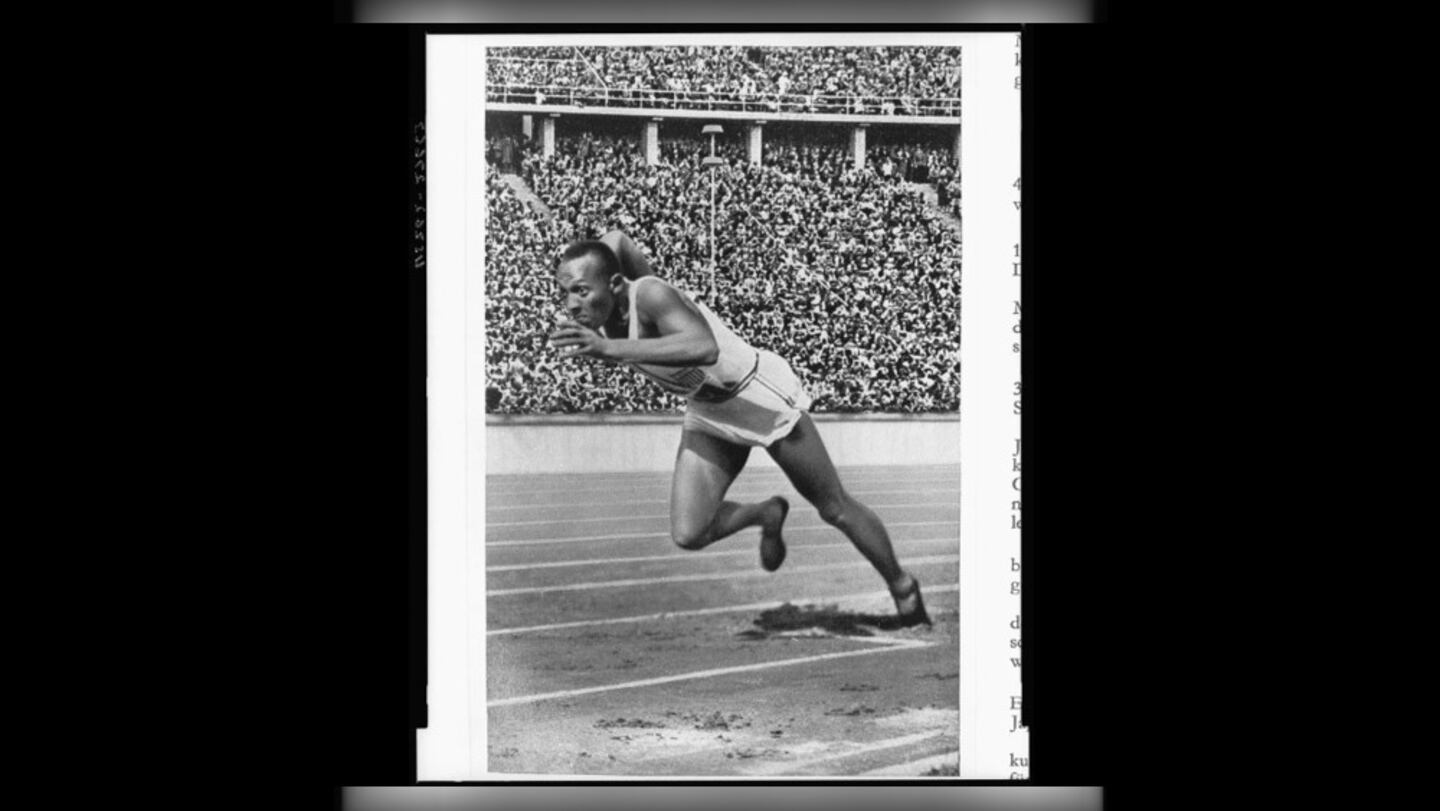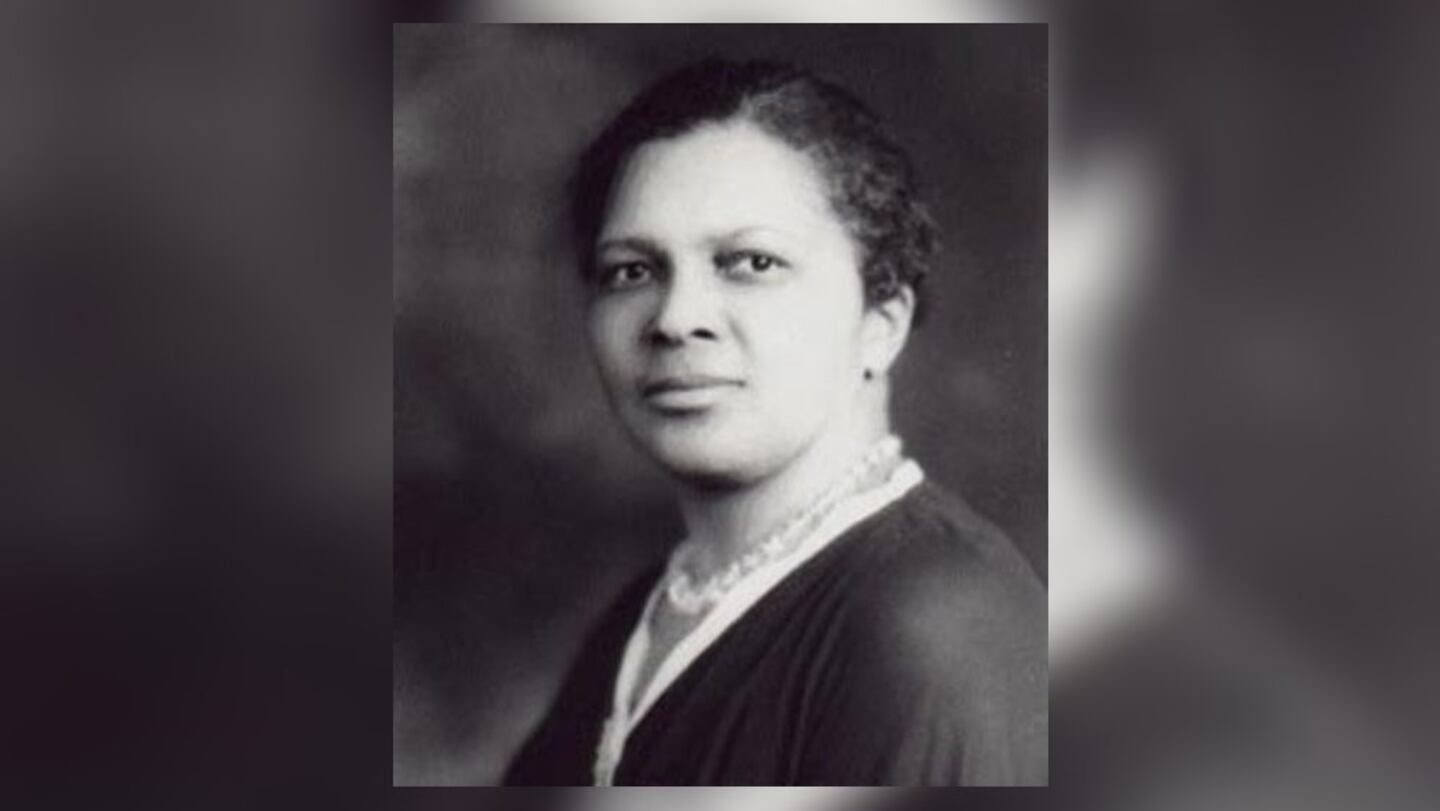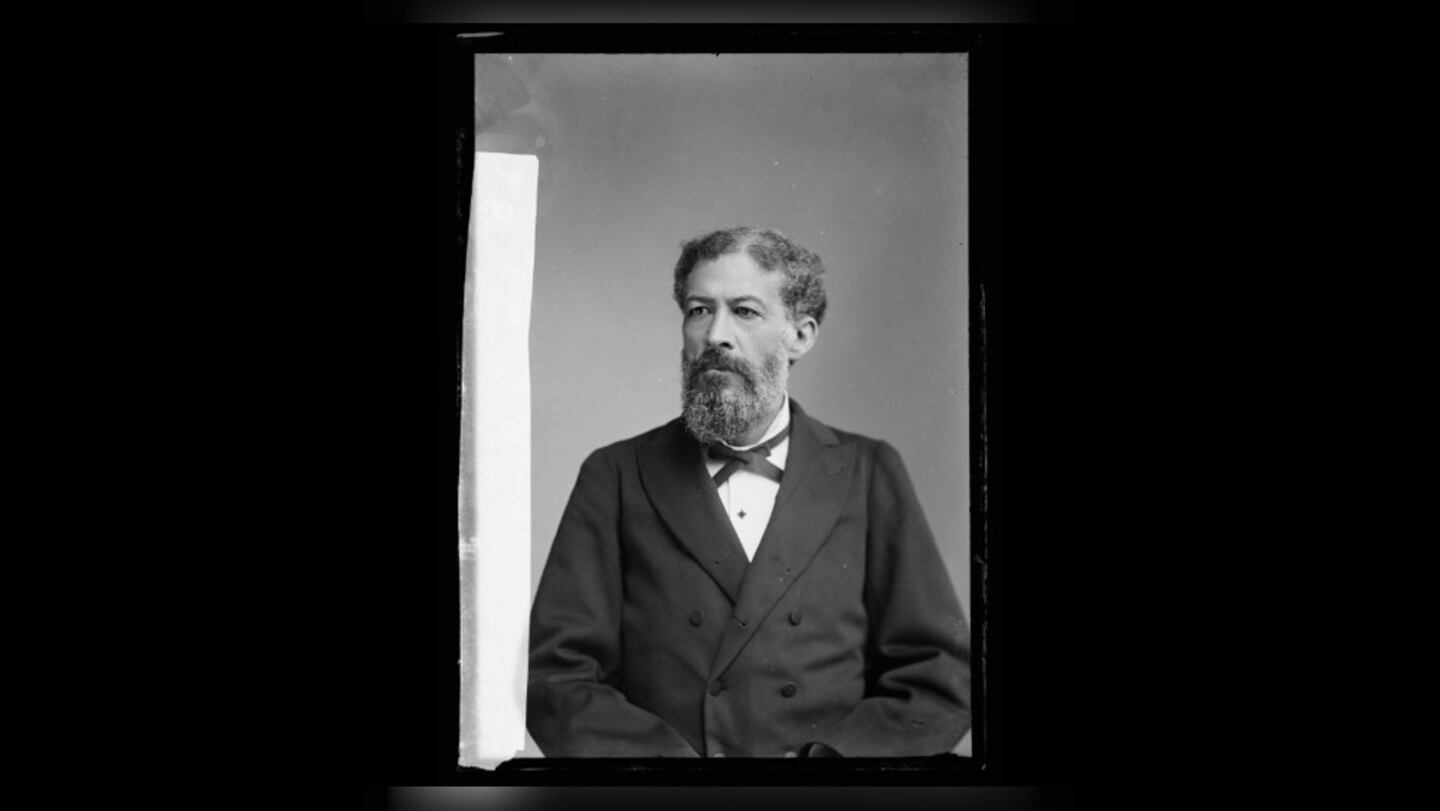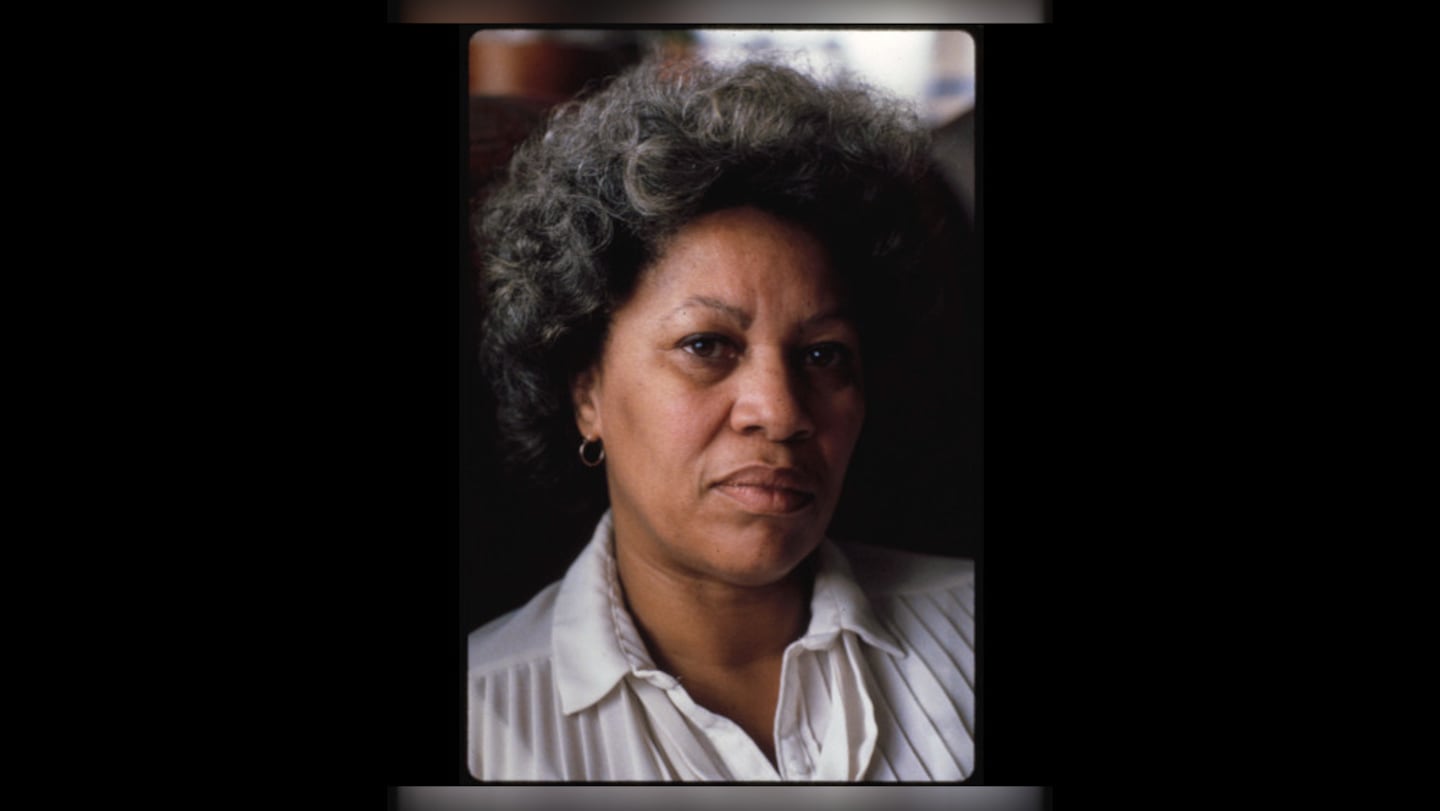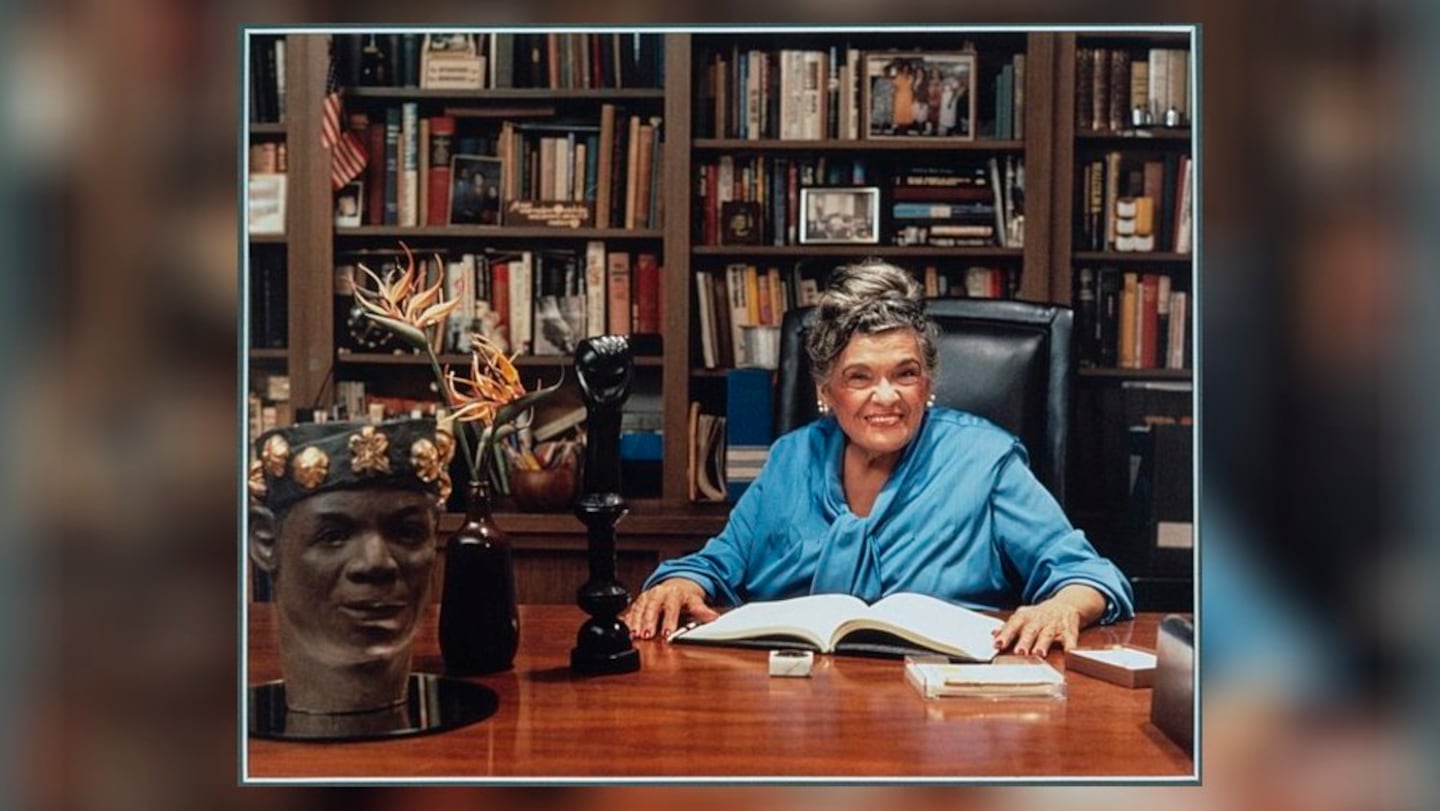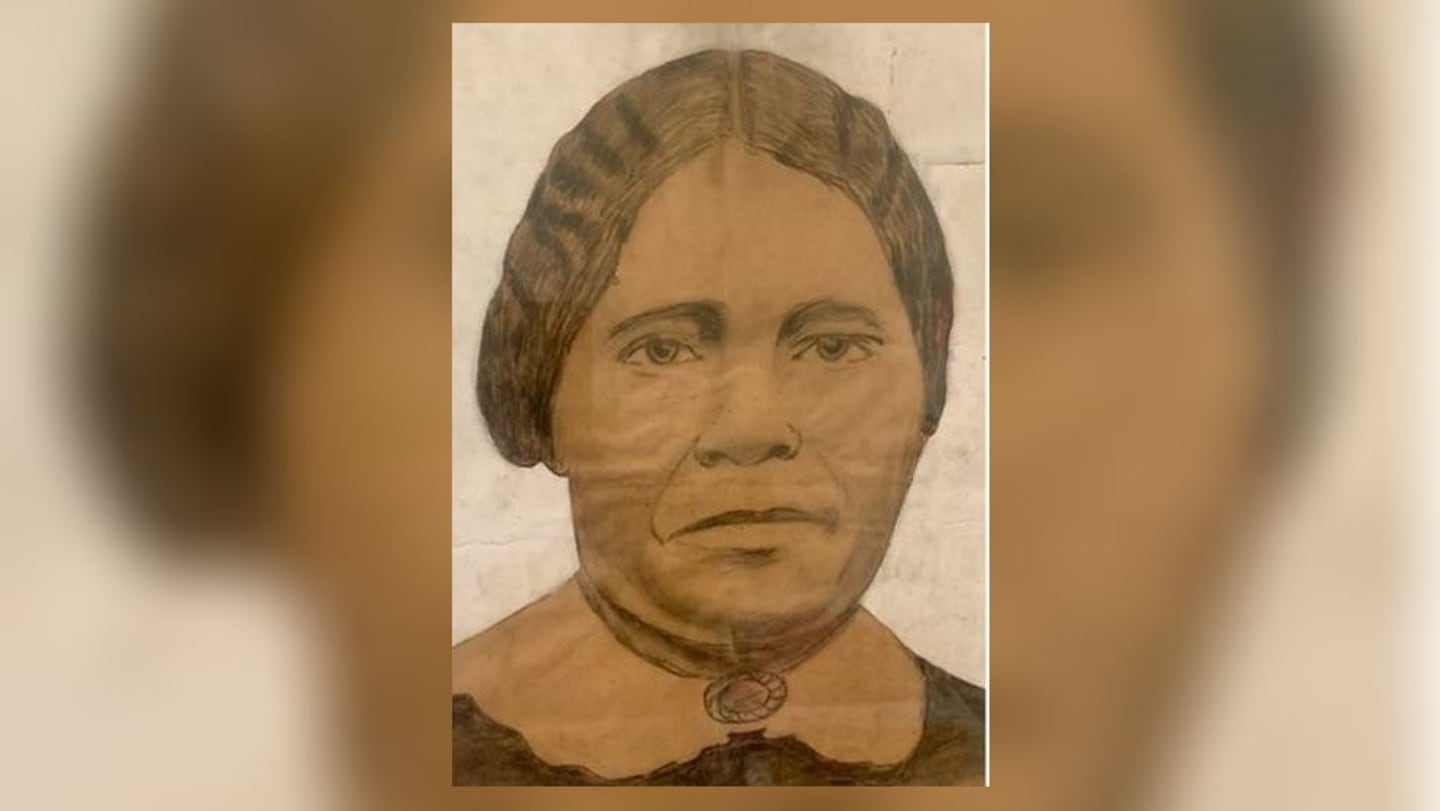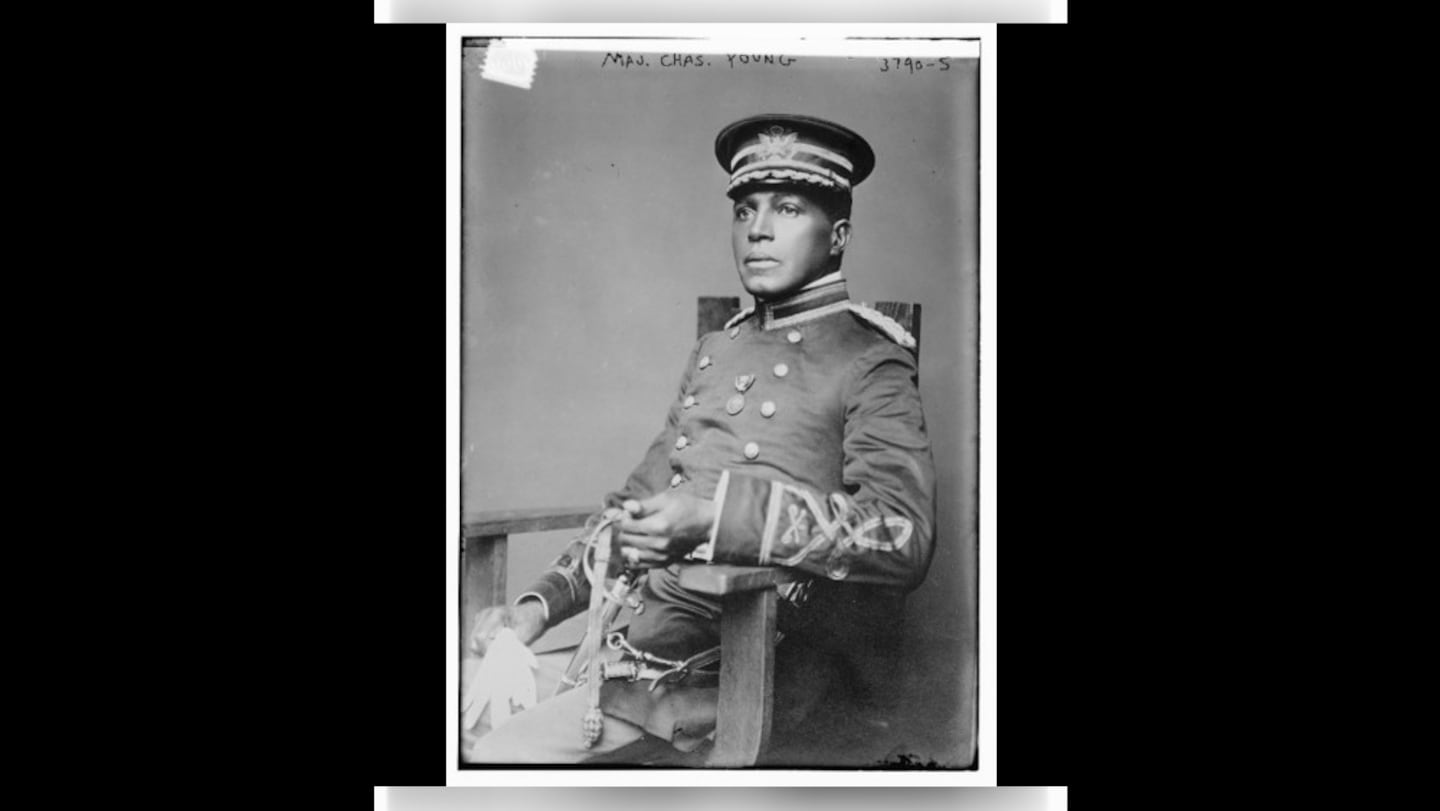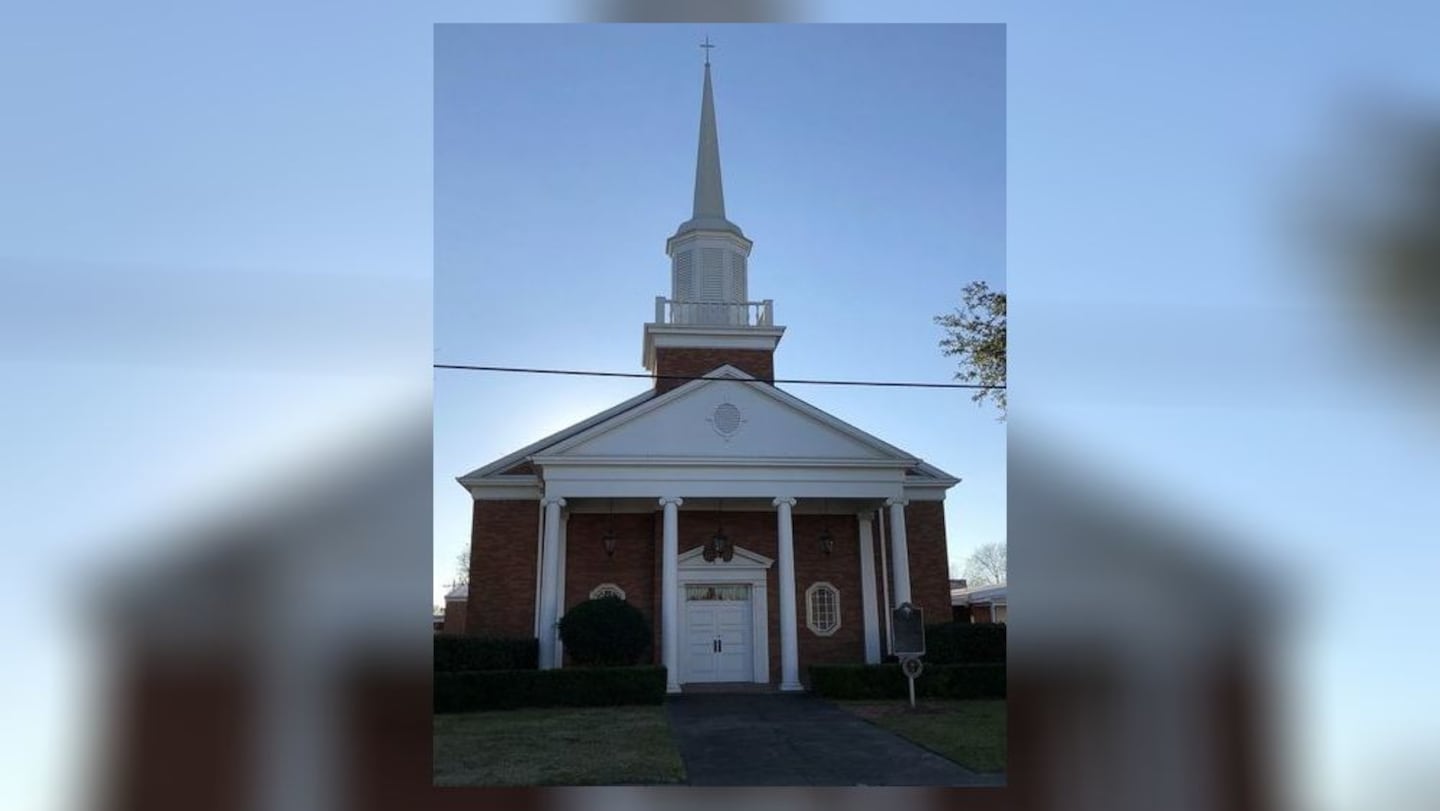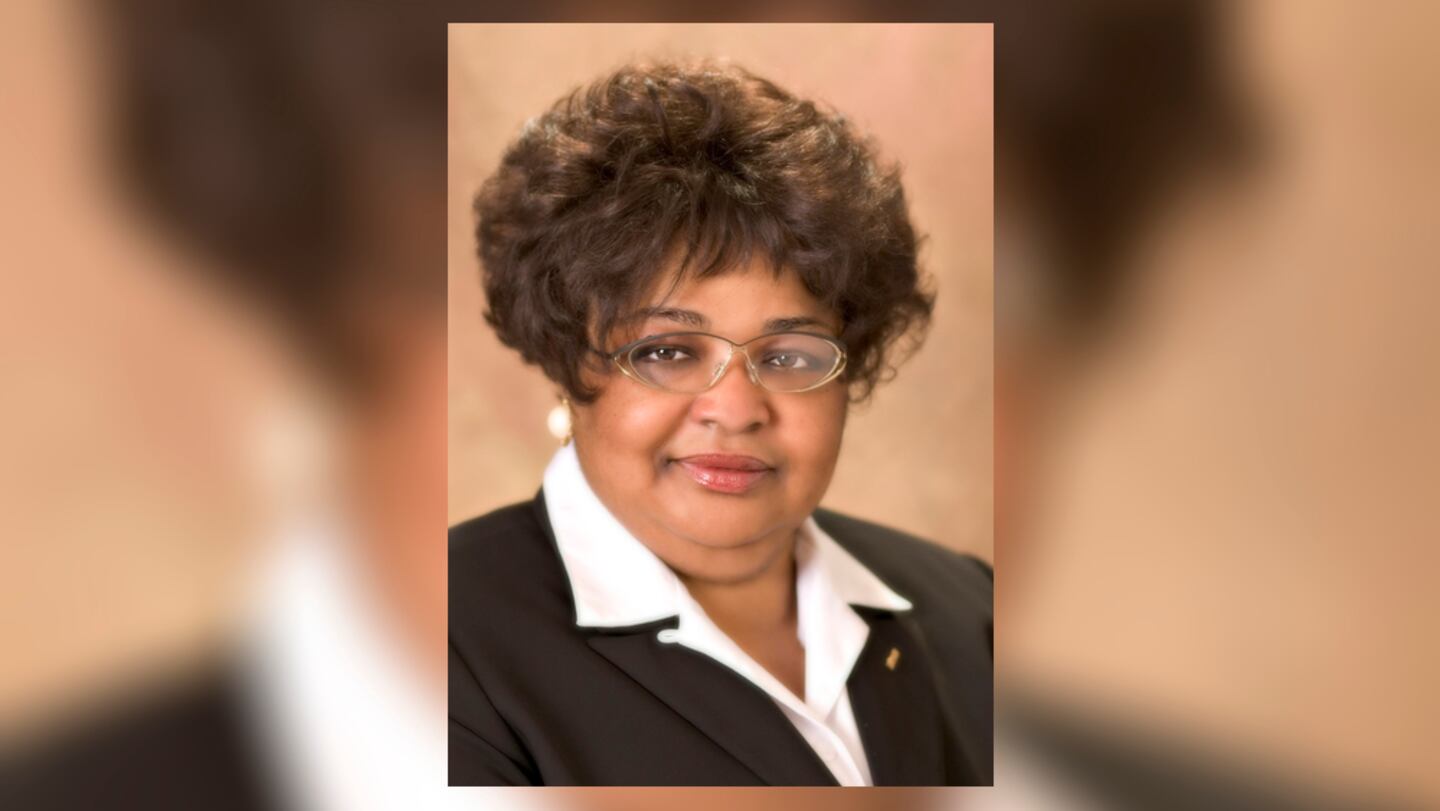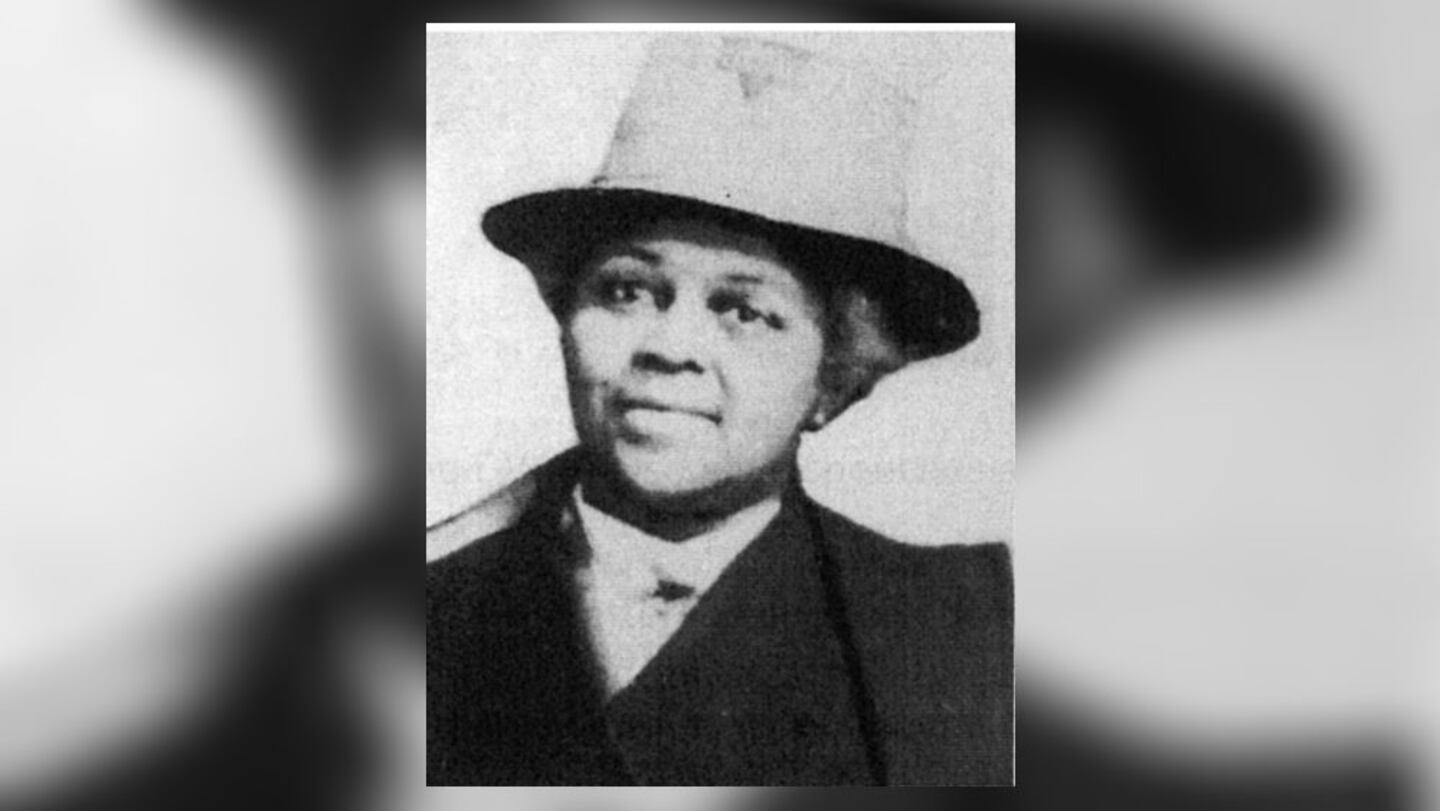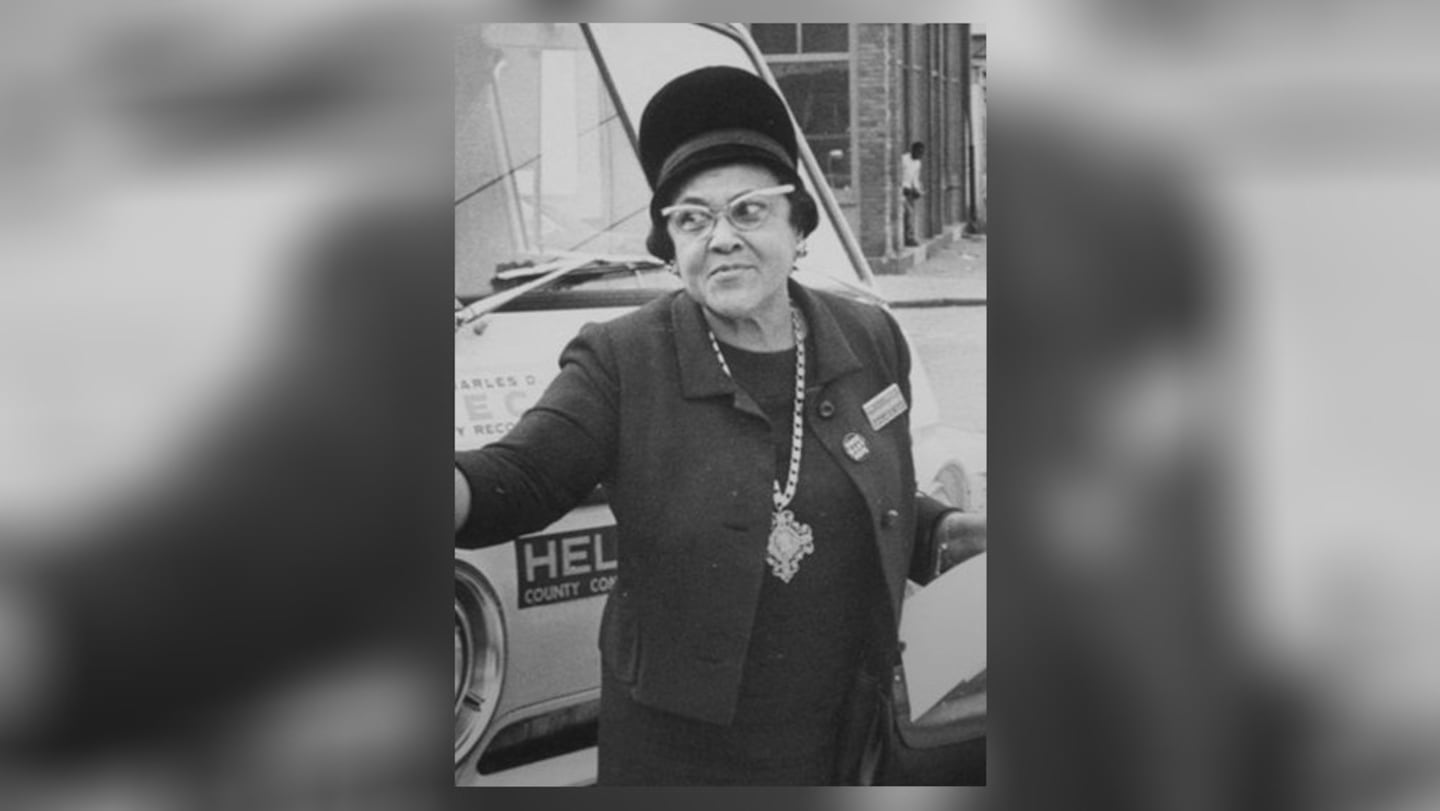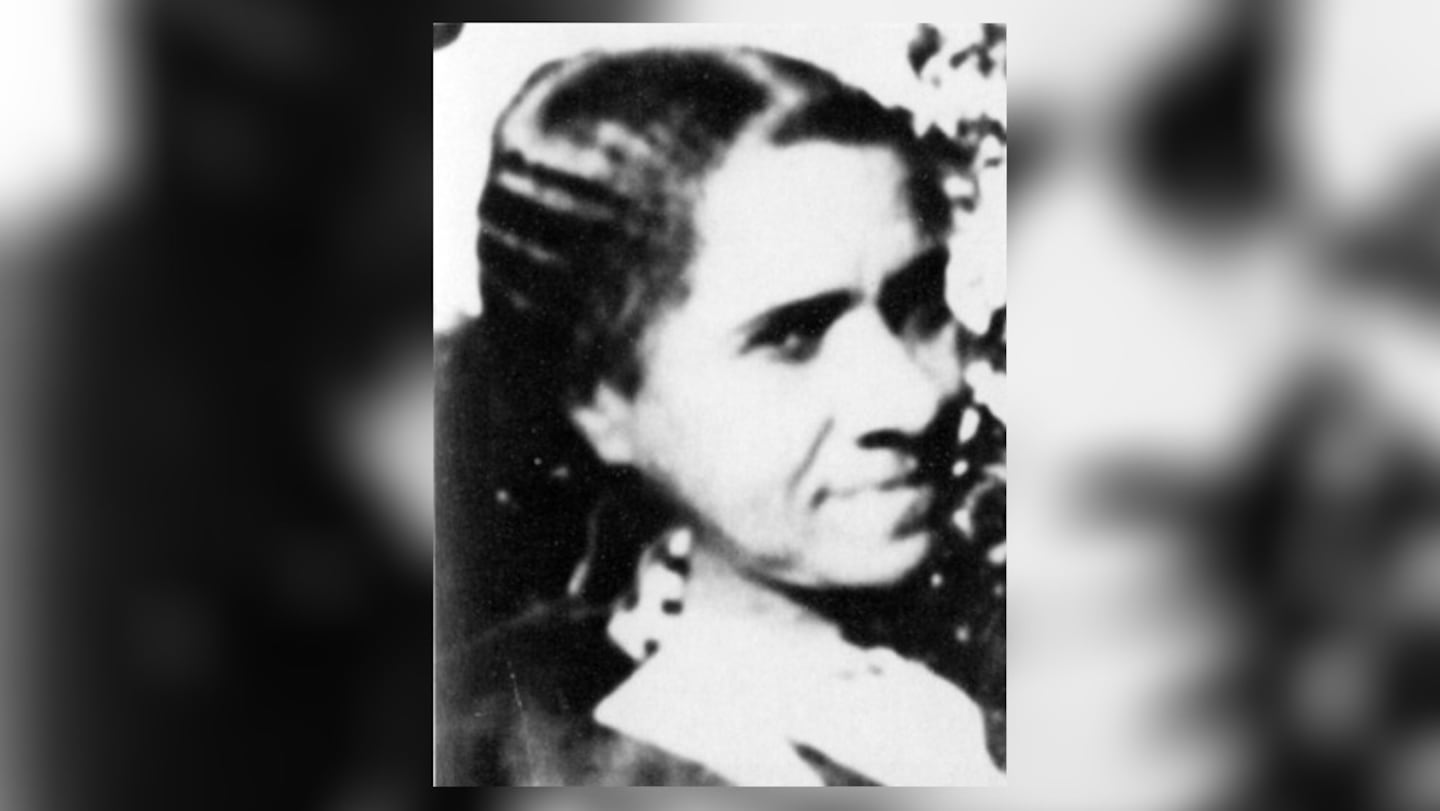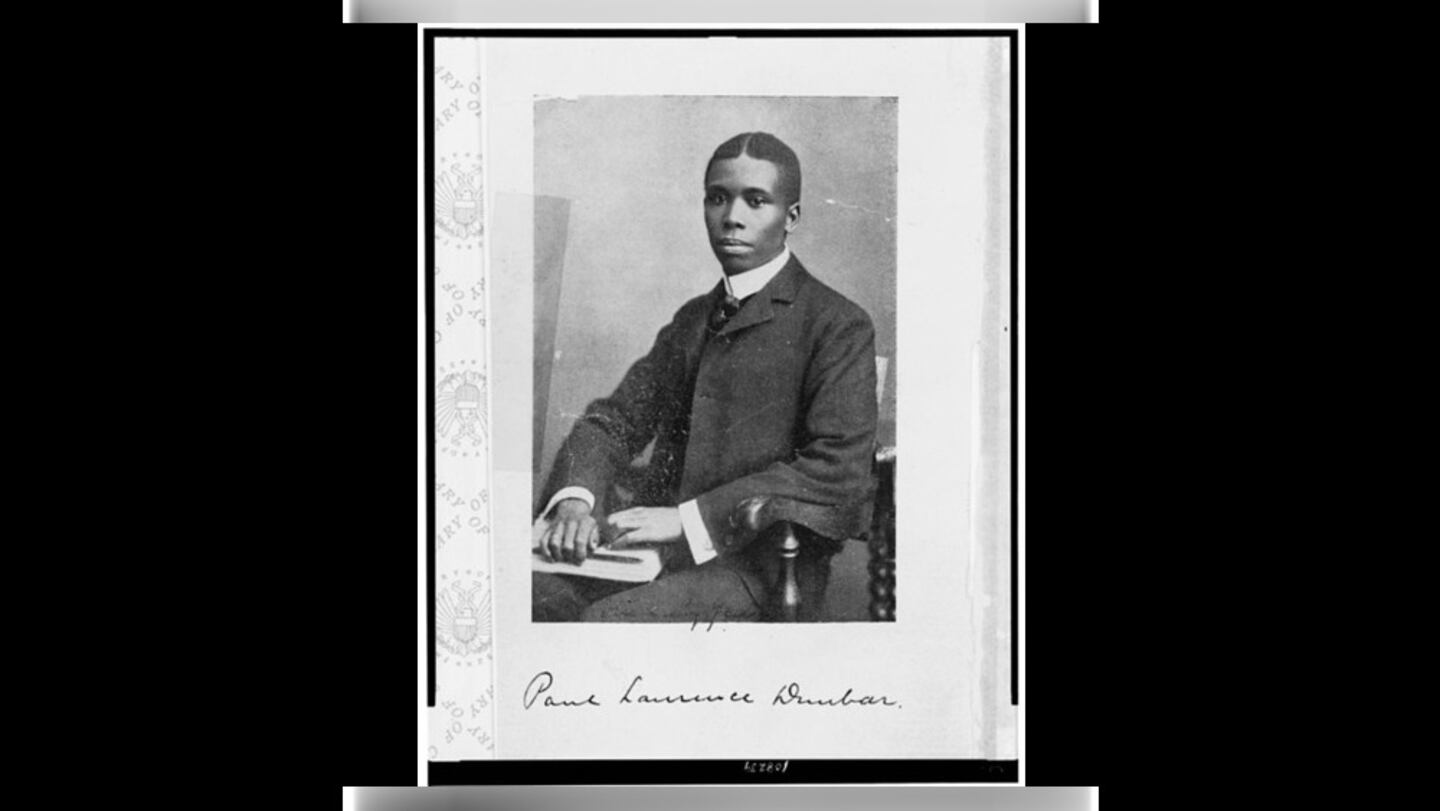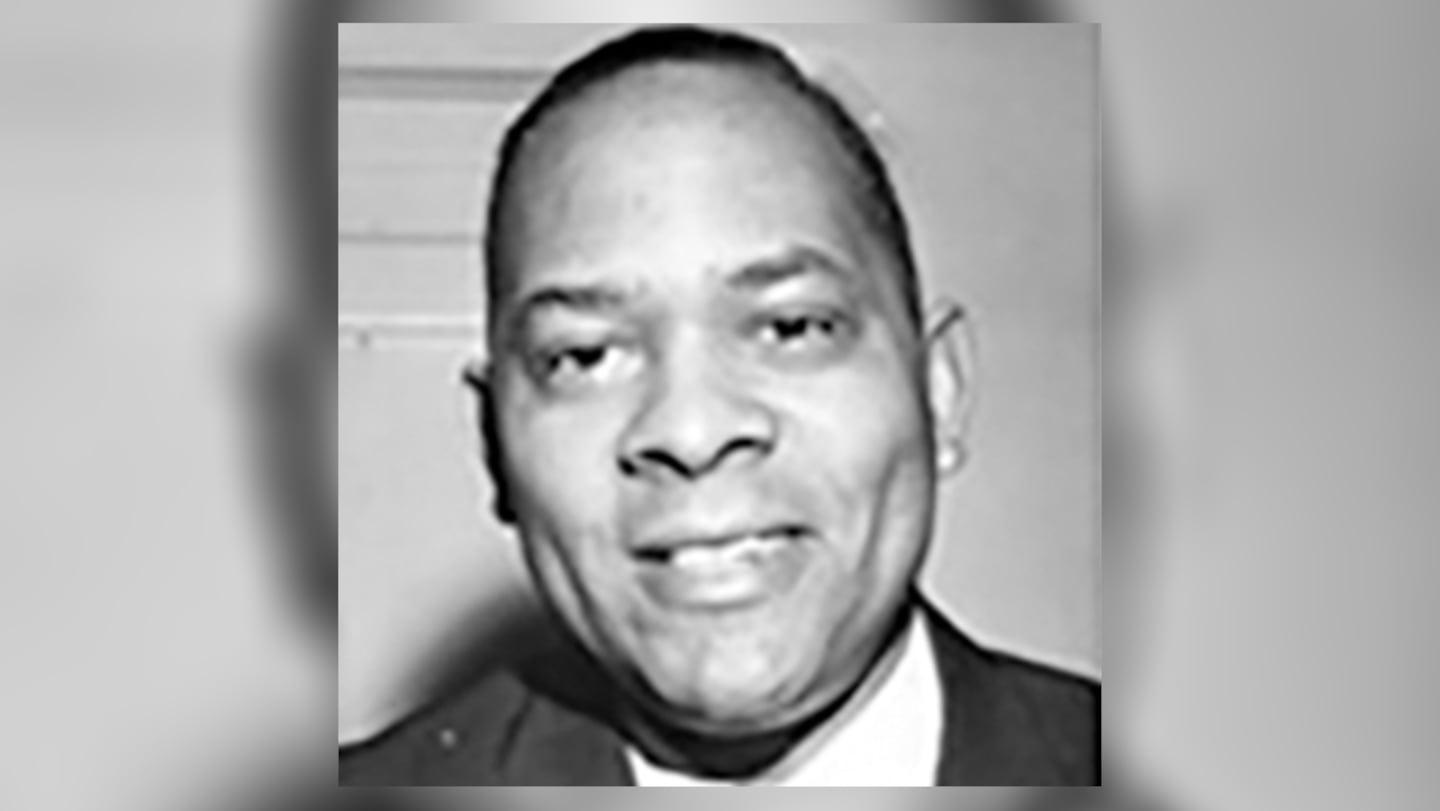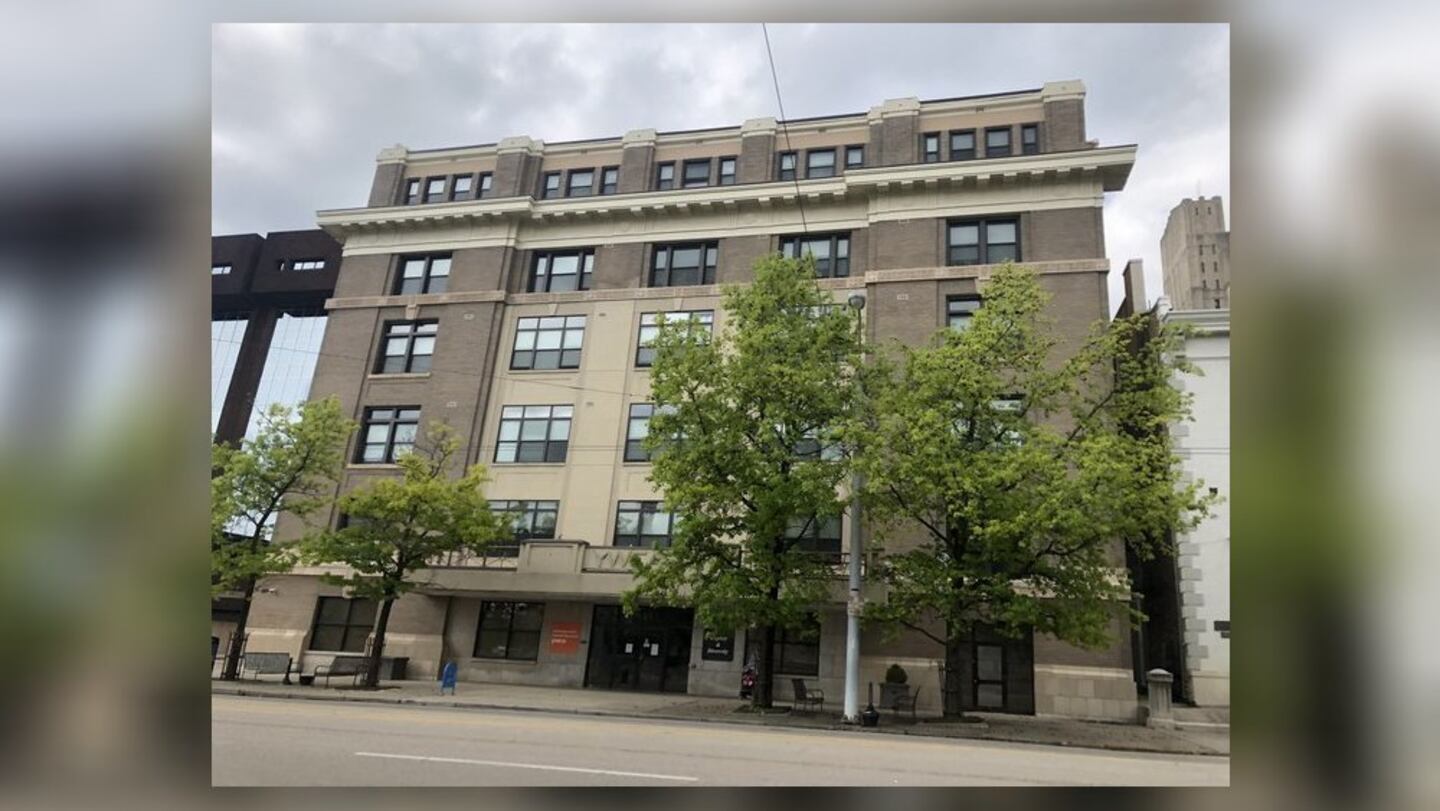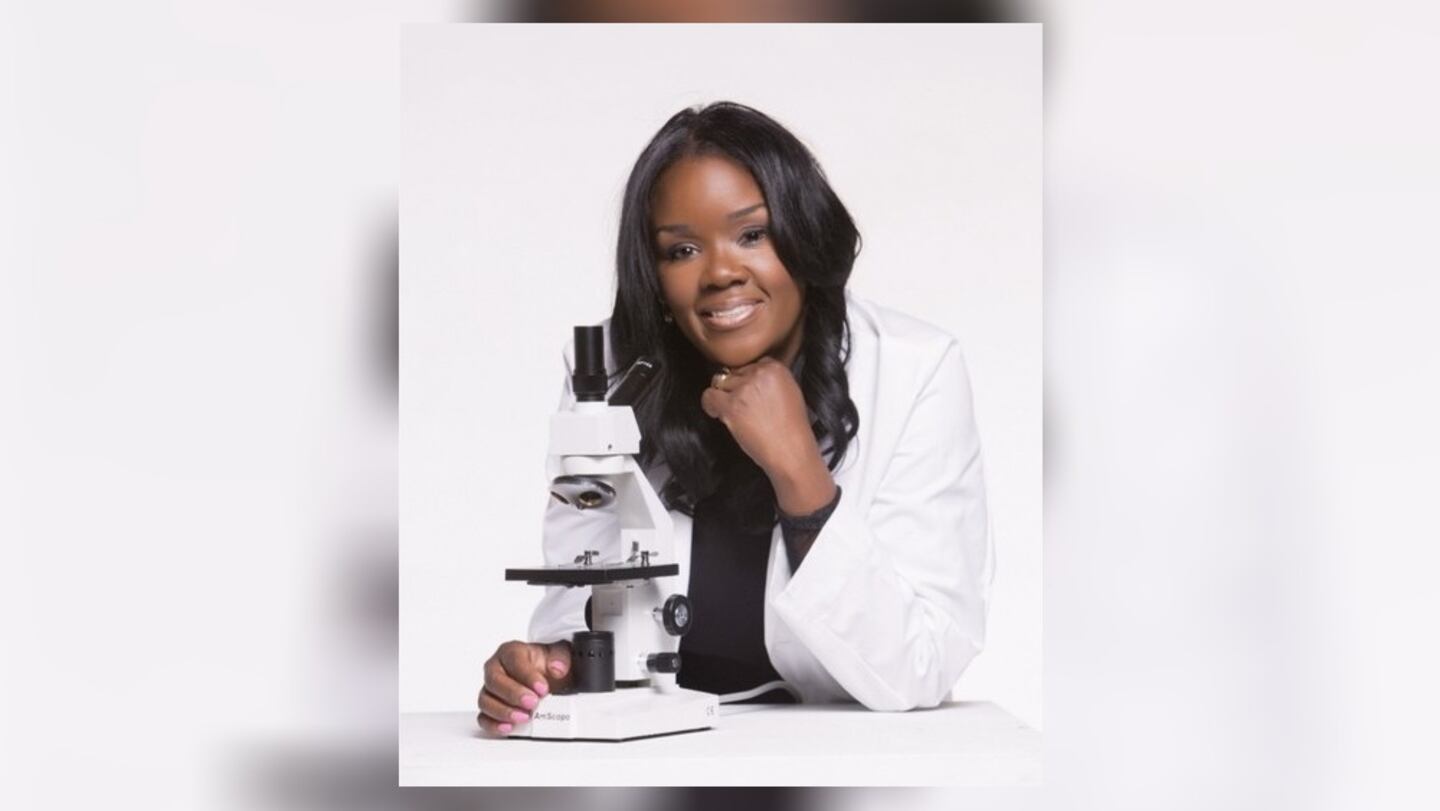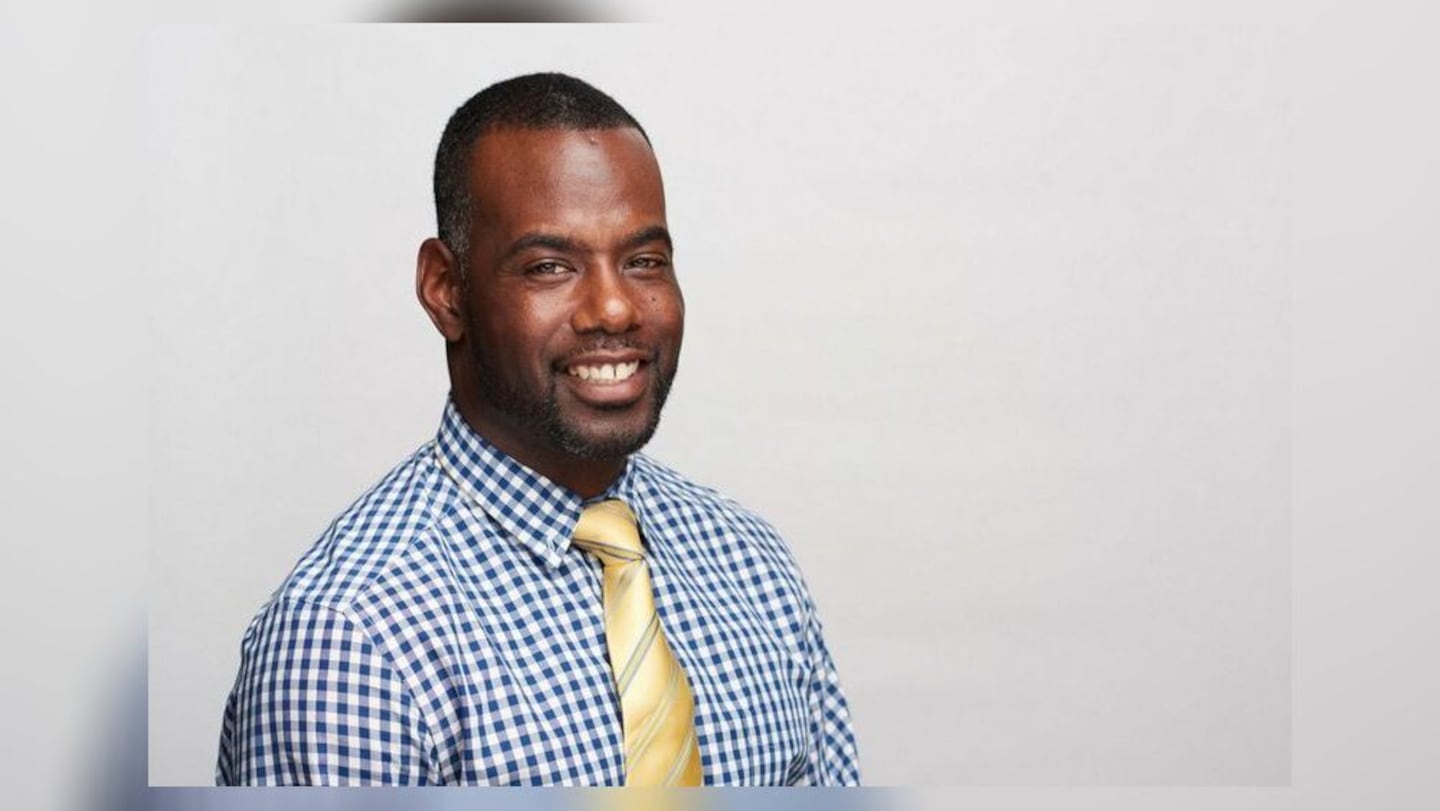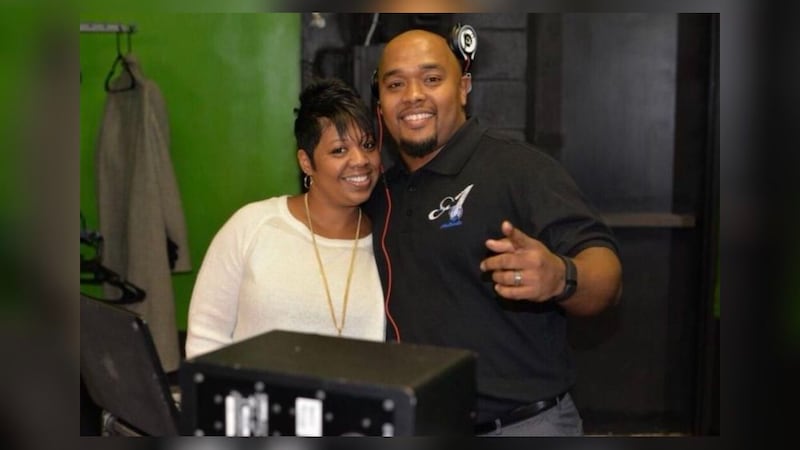Every February, Black History Month gives us the opportunity to learn about the rich and, oftentimes, forgotten pieces of American history.
Black Americans helped build this country physically, culturally, diplomatically, and philosophically. They have endured America’s worst, yet thrived under some of the harshest conditions to create an ancestral past that is just as rich and awe-inspiring as the history of America itself.
News Center 7 wants to recognize the Black people and organizations that have contributed to progressing our nation.
National Figures
Althea Gibson
August 1927 - September 2003
- First of few Black athletes to cross segregationist barriers in international tennis.
- Became the first African-American to win a Grand Slam title.
- Finished her career with 11 Grand Slam wins.
- Named Associated Press’s “Female Athlete of the Year” twice for winning both Wimbledon and U.S. Nationals two years in a row.
- Inducted to the International Tennis Hall of Fame and the International Women’s Sports Hall of Fame.
- First Black woman to appear on the covers of Sports Illustrated and Time.
- Operated a national mobile tennis program that brought tennis equipment to underprivileged areas in major urban cities.
Asa Philip Randolph
April 1889 - May 1979
- Fought for the economic betterment of African-Americans.
- Organized and led the Brotherhood of Sleeping Car Porters, the first successful Black-led labor union.
- Assisted President Franklin D. Roosevelt with Executive Order 8802 that banned racial and ethnic discrimination in the defense industry.
- Assisted President Harry S. Truman with the Civil Rights Act and Executive Orders 9980 and 9981 that banned racial segregation in the armed forces and discrimination of protected peoples during any federal hiring process.
Bayard Rustin
March 1912 - August 1987
- Organized the Southern Christian Leadership Conference to bolster Rev. Dr. Martin Luther King, Jr.’s influential strength.
- Taught King about nonviolent protests.
- Organized the March on Washington Movement, a movement to pressure the U.S. government to provide fair working opportunities and desegregate the armed forces during World War II.
- Organized Freedom Rides where black and white activists would ride interstate buses into segregated states to challenge the continued segregation of public buses even after the Supreme Court deemed such laws unconstitutional.
- Advocated for gay rights and marriage equality.
Ella Josephine Baker
December 1903 - December 1986
- Worked with civil rights figures Rev. Dr. Martin Luther King, Jr., W. E. B. Du Bois, and Thurgood Marshall.
- Fought for civil rights in the Southern Christian Leadership Conference, however left for Student Nonviolent Coordinating Committee (SNCC) after facing sexism and male-centric membership values.
- Considered the “Godmother of SNCC.”
- Drove a grassroots movement for radical democracy that advocated for continuing growth of equality and freedom with changing times.
Ethel Lois Payne
August 1911 - May 1991
- Considered “First Lady of the Black Press.”
- Interviewed notable historical figures such as Rev. Dr. Martin Luther King, Jr., President John F. Kennedy, President Dwight D. Eisenhower, and Nelson Mandela.
- Used journalism to advocate for civil rights by asking hard questions. For example, she asked Eisenhower when he planned to ban segregation in interstate travel. His refusal to support special interests brought civil rights talks back to national debates.
- Became the first Black female commentator on a major network when CBS hired her.
- White House Correspondents’ Association introduced the Dunnigan-Payne Lifetime Achievement Award in honor of her memory.
Isabella Baumfree (a.k.a. Sojourner Truth)
Circa 1797 - November 1883
- Born into slavery, but escaped with her daughter to freedom.
- Delivered the speech, “Ain’t I a Woman?” in support of women’s and civil rights. During the speech, she recalled her time as a slave, the strength and appetite she had comparable to any man.
- Attempted to secure land grants from the federal government for former slaves.
- Recruited Black troops for the Union Army in their fight for freedom.
Mae Jemison
October 1956 - Present
- First Black woman to travel into space as a mission specialist aboard the space shuttle, Endeavour.
- Worked as a Peace Corps doctor in Liberia and Sierra Leone.
- Founded a non-profit educational organization with a DARPA and NASA grant to increase private-sector investment into space-travel technology.
- Advocated for women of color in STEM careers.
Mamie Till
November 1921 - January 2003
- Mother of Emmett Till, the boy who was wrongfully accused of whistling at a white woman and subsequently lynched.
- Left her son’s casket open during the funeral for news outlets to photograph his disfigurement and distribute across the country. “Let the people see what they did to my boy,” Mamie said.
- Shared her story about Emmett’s death and murder trial under the recommendation of NAACP.
- Established her son’s legacy and invigorated the Civil Rights Movement.
Maxie Cleveland “Max” Robinson, Jr.
May 1939 - December 1988
- First Black network news anchor.
- Co-founded the National Association of Black Journalists. The organization was founded to combat “unconscious racism” by empowering Black journalists to take on media opportunities, illuminate Black people as capable professionals, and show the Black struggle. “I cannot call myself an honest man or a black achiever if I take the big money and keep my mouth shut,” Robinson once said.
Rosetta Nubin (a.k.a. Sister Rosetta Tharpe)
March 1915 - October 1973
- Considered the “Godmother of Rock-and-Roll.”
- Influenced Rock-and-Roll artists Johnny Cash, Chuck Berry, and Elvis Presley.
- Created gospel-pop genre with integration of gospel music and big band production.
- Entered National Recording Registry of the U.S. Library of Congress for cultural and aesthetic significance.
- Recorded what was considered the first Rock-and-Roll song.
- Inducted into the Rock and Roll Hall of Fame.
Ohioans
Albert Ayler
July 1936 - November 1970
- Considered the “Godfather of Free Jazz.”
- Influenced the techniques used in avant-garde jazz.
- Released some of the best selling albums in the free jazz genre.
- Critics argued free jazz was an extension of Black consciousness given the political landscape in the 1960s.
Dorothy Dandridge
November 1922 - September 1965
- First Black woman to be nominated for an Academy Award for Best Actress.
- Shaped the image of African-Americans in American films.
- Worked with NAACP and National Urban League for racial equality after facing racism in the industry.
Frank Robinson
August 1935 - February 2019
- First Black manager in Major League Baseball (MLB) history. He became the Cleveland Indians’ player-manager, managing teammates while playing in games.
- First player to be named Most Valuable Player (MVP) by the National League and the American League.
- Elected to the Baseball Hall of Fame in his first year of eligibility.
Garrett Morgan
March 1877 - July 1963
- Invented the smoke hood, notably used in 1916 Waterworks Tunnel Disaster to save trapped rescuers. The invention allowed rescuers to enter areas with toxic air quality and was the precursor to the gas mask.
- Invented chemical hair straightening solution.
- Co-founded Cleveland Association of Colored Men, serving as its treasurer to donate to historically Black colleges and universities.
- Built a country club open to African-Americans when most did not accept Blacks at the time.
- Ran for city council to address the needs of African-Americans.
George Washington Williams
October 1849 - August 1891
- Wrote The History of the Negro Race in America 1619–1880, often considered the first in-depth history book of African-Americans. The book strived for historical accuracy over Black apologetics. For this, historians commonly reference this book.
- Wrote other history books about African-Americans in the armed forces.
- Elected official for the Ohio House of Representatives.
James Cleveland “Jesse” Owens
September 1913 - March 1980
- Won four gold medals in the 1936 Olympic Games, two years after Adolf Hitler took office with an Aryan supremacy campaign.
- Set three world records for the 220-yard dash, the 220-yard low hurdles, and the running broad jump at the 1935 Big Ten track meet in Ann Arbor, Michigan, in about 45 minutes.
- United States Track and Field created the Jesse Owens Award, which honors the year’s highest performing track and field athlete.
Jane Edna Hunter
December 1882 - January 1971
- Founded the Working Girls Association, which offered shelter, education, and additional assistance for single Black women who migrated north for work. The organization was later renamed Phillis Wheatley Association of Cleveland in honor of the first African-American with a published poetry book.
- Established the Phillis Wheatley Foundation scholarship fund that helped finance women’s higher education.
- Founded the Women’s Civil Rights League of Cleveland that fought for equitable rights.
- Awarded NAACP’s Hunter the Spingarn Medal for outstanding achievement.
John Mercer Langston
December 1829 - November 1897
- First known African-American to apply to an American law school.
- First Black man to become a lawyer.
- First African-American to be elected to public office.
- First African-American to be elected to Congress from Virginia.
- Worked to abolish slavery and promote racial equality.
- Founded Ohio Anti-Slavery Society.
- Served as founding dean for Howard University’s law school, the first black law school in the country.
Toni Morrison
February 1931 - August 2019
- Wrote about Black culture and their struggle in critically and commercially acclaimed novels.
- Won the Nobel Prize in Literature for Song of Solomon, the third Black person to win the category, and first and only Black woman in history.
- Won the Pulitzer Prize for Beloved.
- Honored with the Presidential Medal of Freedom.
Zelma Watson George
December 1903 - July 1994
- Contributed to Defense Advisory Committee on Women in the Armed Forces.
- Served on the executive council for the American Society of African Culture.
- An alternate delegate to the United Nations General Assembly.
- Awarded Merit Award of the National Association of Negro Musicians for being the first African-American to play lead role in Gian-Carlo Menotti’s opera, The Medium.
- Inducted into Ohio Women’s Hall of Fame.
Miami Valley Figures
Charity Davis Broady
- Among Dayton’s earliest Black residents.
- Served as an abolitionist conductor in the Underground Railroad.
- Organized the First Wesleyan Methodist Church as part of the United Daughters of Zion, a group of five women
Charles Young
March 1864 - January 1922
- Born into slavery.
- First Black U.S. national park superintendent.
- First Black man to achieve the rank of colonel in the U.S. army.
- First Black military attaché.
- Became the highest ranking black officer in the regular army.
- Third Black graduate of United States Military Academy at West Point.
- Posthumously promoted to brigadier general for all he achieved despite barriers from racism.
First Wesleyan Methodist Church
- Referred to as the “Mother of Dayton’s Black Churches.”
- Gave refuge, clothing, and food to fugitive slaves as part of the Underground Railroad route.
- Became Dayton’s first school for Black children.
Idotha “Bootsie” Neal
September 1952 - January 2021
- First Black woman elected to the Dayton City Comission.
- Redeveloped Dayton’s historic urban neighborhoods.
- Led Wright-Dunbar, a historical neighborhood dedicated to the Wright Brothers’ bicycle shop and birthplace of Paul Laurence Dunbar.
Jewelia Galloway Higgins
December 1873 - December 1955
- Worked in Dayton Woman Suffrage Association (DWSA). Her leadership led to Black women working the suffrage booth, giving speeches, and organizing community gatherings.
- Became first Black Red Cross nurse in Dayton after organizing a Black chapter of American Red Cross following World War I.
- Served in Holloway Colored Orphans’ Home.
- Elected as officer of the Colored Citizens Protective League.
Lelia Iles Francis
1903 - 1999
- First Black realtor in Ohio and second in the country.
- Established Unity Bank, a Black mortgage company.
- Arrested for protesting the Rike-Kumler Department Store to hire Black workers.
- Leila Francis Community Service Award is named in her honor.
Louise Troy
- Served as the only Black teacher in the public school system after schools integrated. She became the only teacher to train young black women during this time.
- Co-founded and served as treasurer for Dayton branch of NAACP.
- Co-founded Women’s Christian Association, which became YWCA.
- Taught acclaimed poet Paul Laurence Dunbar.
- Louise Troy PreK-6 School named in her honor.
Paul Laurence Dunbar
June 1872 - February 1906
- Born to two former Kentucky slaves.
- Published his first poem at age 16 in a Dayton newspaper.
- First Black poet to earn national attention and distinction after leading editor of Harper’s Weekly praised his work.
- Crossed the color line by writing about white characters and their societies.
Russell Luther Carter
April 1919 - August 1996
- First Black judge of Dayton and second Black judge in the state.
- First Black to hold statewide executive position when he took on the role of superintendent of budget.
- First Black candidate for statewide election when he ran for congressman-at-large.
- First Black assistant prosecuting attorney in Ohio.
- Successfully tried the first school desegregation case in the country at Hillsboro, Ohio.
YWCA Dayton
- First YWCA to open a branch for Black women and girls.
- Empowered Black women to hold authority positions at all levels of the organization.
News Center 7 Featured
Vanessa Ward
- President of the Omega Community Development Center, a nonprofit organization that focuses on family, youth, and economic development.
- Involved in the Hope Center, focusing on supporting children’s and families’ growth.
- “You have to aspire to do more or to do better,” Ward said. “You have to really have a determination to not forget where you came from and to remember that your experiences are important for a reason. You had this experience for a reason. And so, use it to the best of your ability to help someone else.”
- Born in Columbus, Ohio.
- Moved to Dayton to pursue ministry.
Dr. Donald White, Jr.
- First African-American hired by Riverside Police Department and earned “Officer of the Year” award for saving two people from a burning car.
- First African-American to earn the rank of sergeant.
- Two-time published author.
- Serves as the executive president of Leadership at Its Best, a company that helps pre-college students learn life skills.
- “You see me as one person, but I am actually a mosaic of different men. You know all of the men that I have watched succeed on television: Martin Luther King, Jr., President Barack Obama, and all of them. I like to think of them as being a little part of who I am today because without them showing us the way, you could go any direction,” White said.
- Graduated with a bachelor’s in criminology from Capital University, then studied conflict analysis and engagement from Antioch University.
- Survived leukemia.
Dr. Shawon Gullette
- Doctor of naturopathic medicine working to find the cause of hair loss.
- Inspired to become a doctor after mother called about her daughters losing hair at eight years old.
- “One of my favorite quotes is be who you wish to see in the community,” Gullette said. “I think that if we all take on that call to be who we wish to see in the community, our community will change. We’ll see a change economically. We’ll see a change in relationships and just the whole core of our community will take a shift by doing that.”
- Graduated from Patterson High School and studied cosmetology, then trichology at Southern California University.
Lavar Glover
- Founded Glover Youth Program to mentor teen foster kids that experienced juvenile court.
- Supported breast cancer survivors through a fitness and wellness camp, Football 101: For Women and Girls.
- Earned national recognition for tackling poverty through the Miami Valley Community Action Partnership’s Getting Ahead Program.
- “It feels good to know that some of my contributions whether personal or professional has been recognized and acknowledged,” Glover said. “We don’t do it for the recognition, but it’s always a good feeling when your peers acknowledge you.”
- Born and raised in Dayton.
- Graduated from Jefferson Township High School as class president, and voted “Most Athletic.”
- Played for Pittsburg Steelers, Cincinnati Bengals, and Detroit Lions.
Tracey Norwood
- Launched informative videos called, “Cyber Saturdays,” teaching people how to protect themselves online. Her videos helped many, including an older man who told her he appreciated her work.
- “I want to help I want to make sure that people are safe,” Norwood said. “It doesn’t matter what you look like on the outside. It doesn’t matter what your gender, or your race, or your ethnicity is. You can do amazing things because you’re already created to be amazing.”
- Discovered her love for computers at Jefferson Township High School.
- Studied computer science at University of Dayton, received master’s from Boston University, and enrolled in a professional development class.
Eddie Davis Jr.
- Assistant principal at Meadowdale Career Technology Center.
- Recognized at Top 10 African-American Luncheon, an event that honors Black men who made a mark on their community.
- “We do the work that we do because it’s what we enjoy and love doing. It’s not about us. It’s about others and being selfless,” Davis said. ”I’m going to always show love and respect for those that have done it whether it’s those that we read about in our history books. Or, it’s those that have worked alongside me, those who I look at as mentors, those who I grew up and watched.”
- Earned his associate degree at Grand Rapids Community College, bachelor’s at Capital University, and master’s in Educational Leadership at Wright State University.
©2023 Cox Media Group

